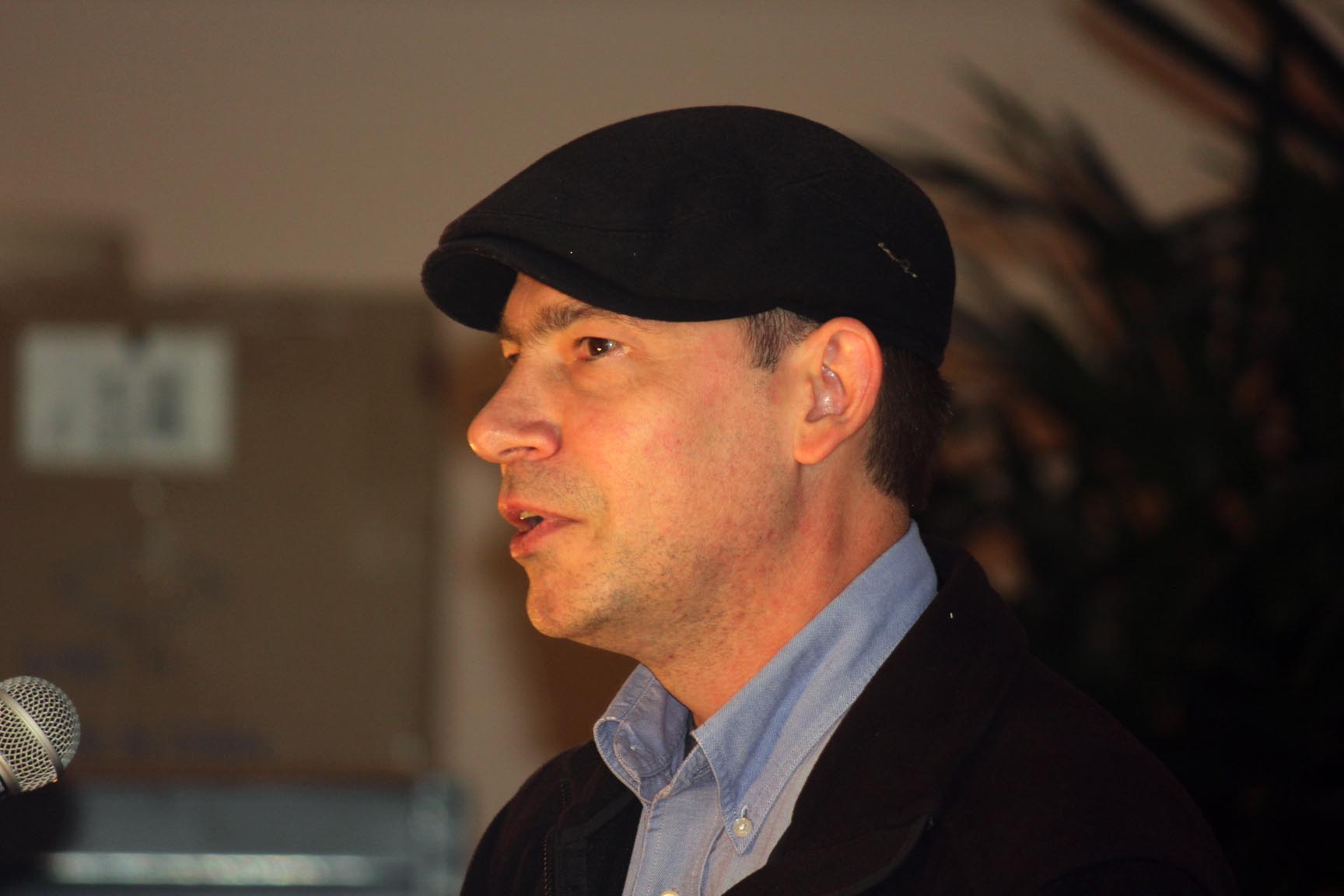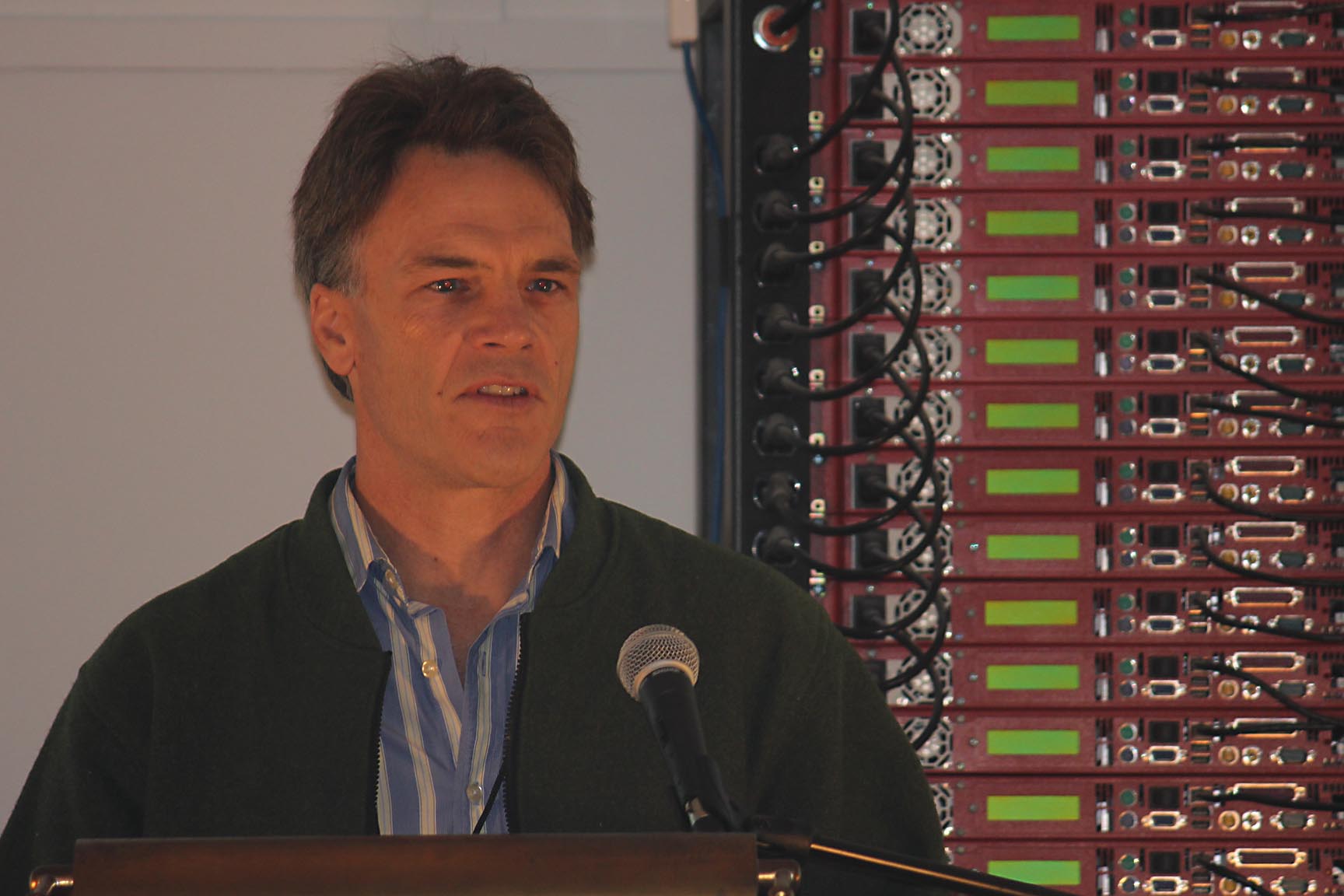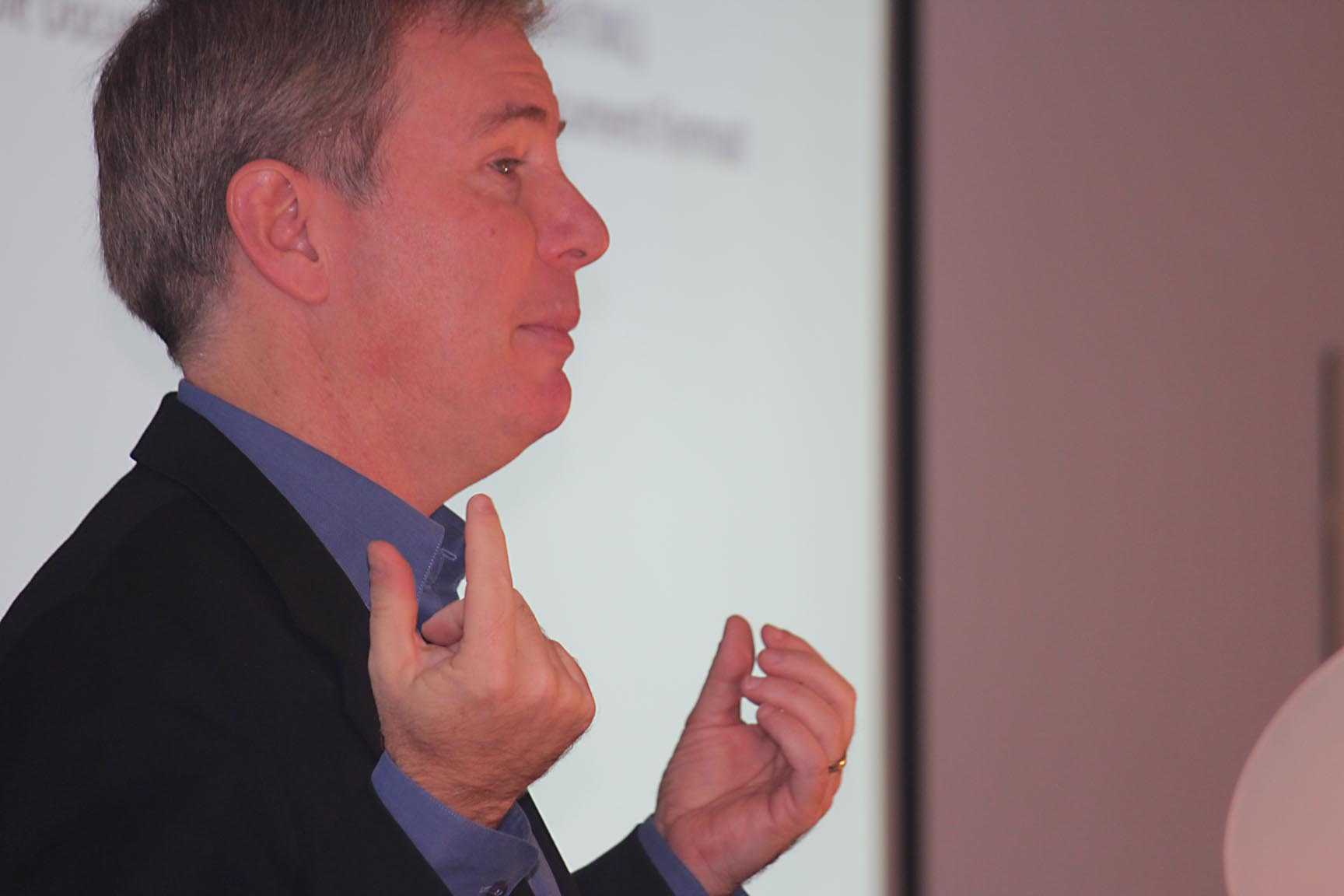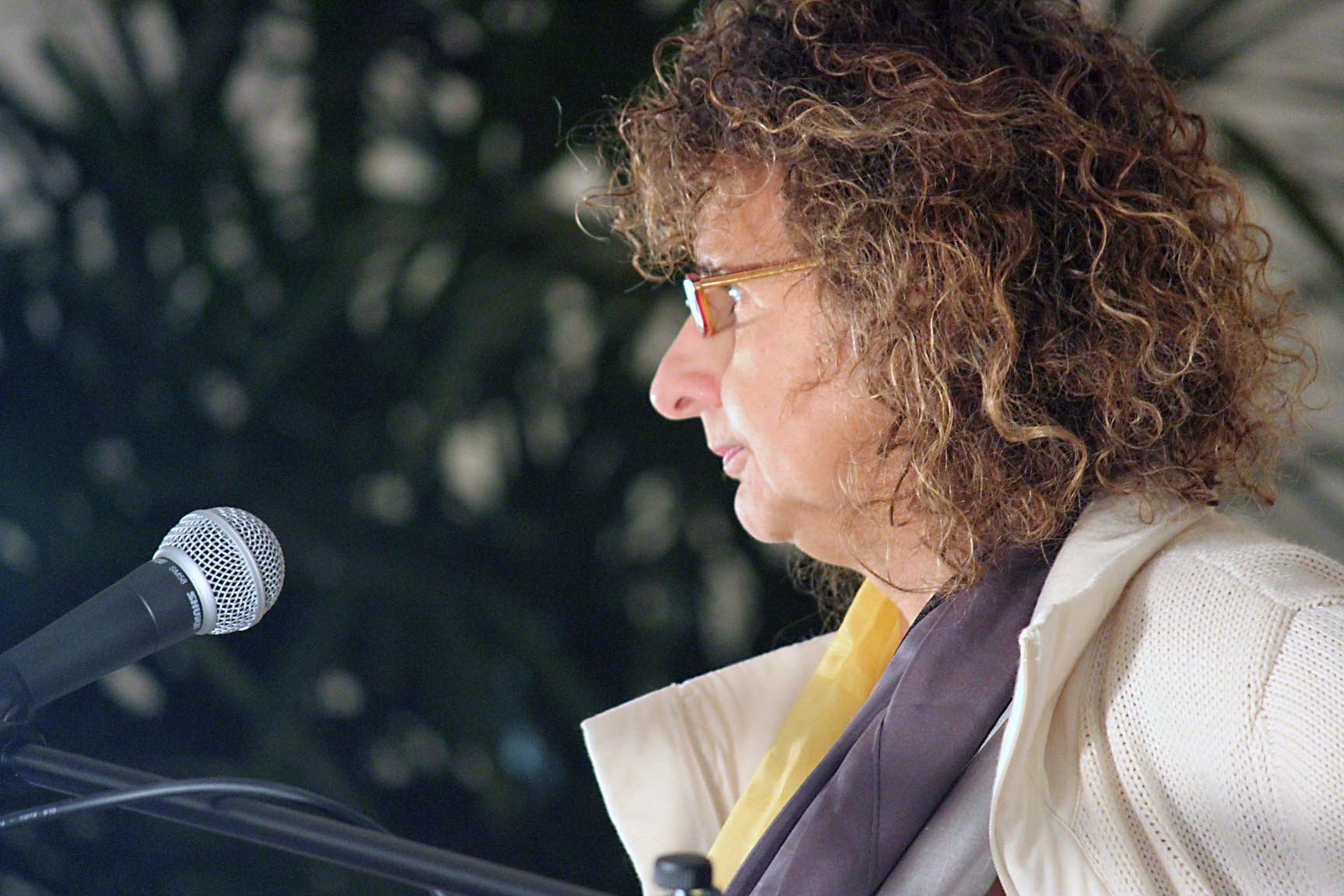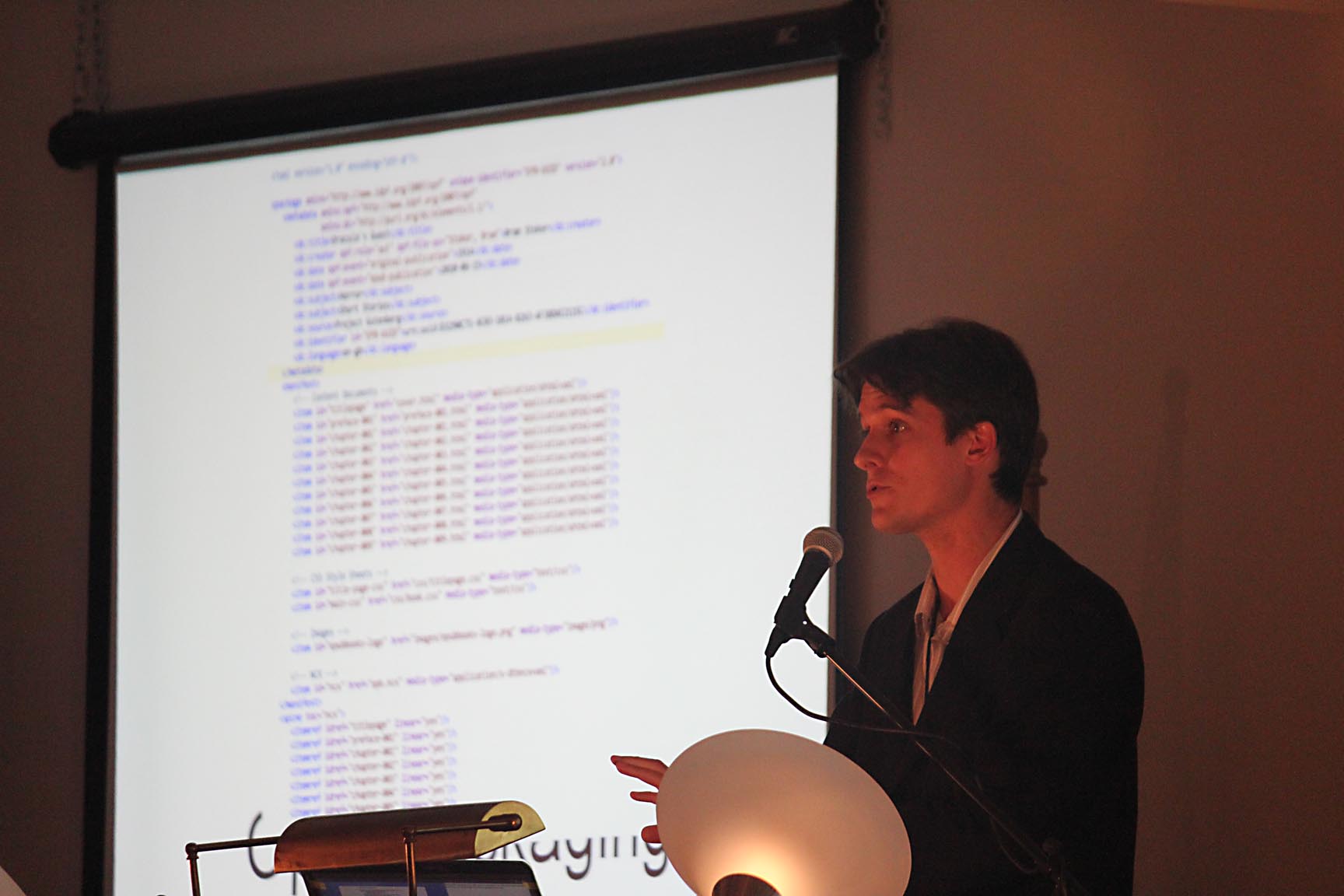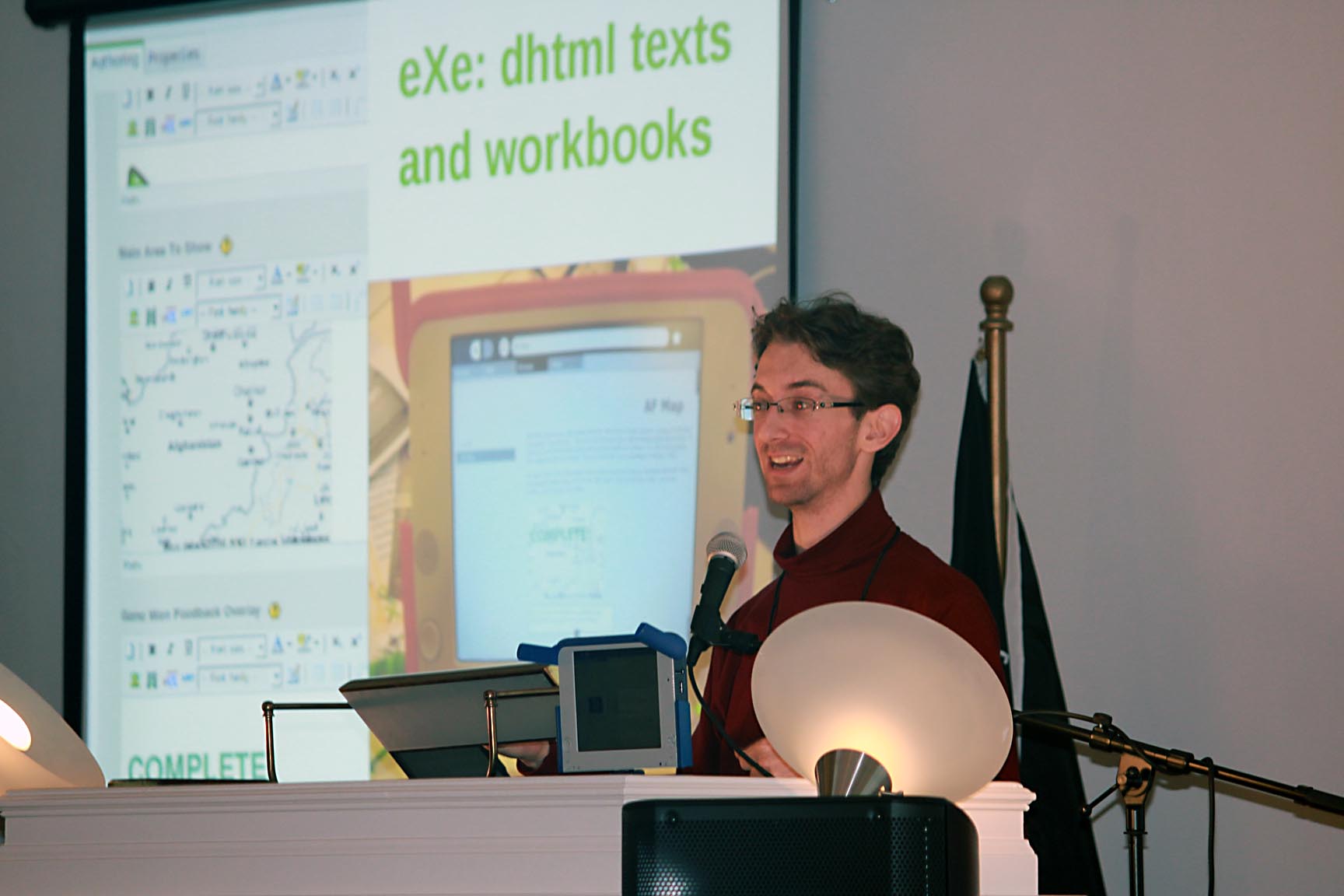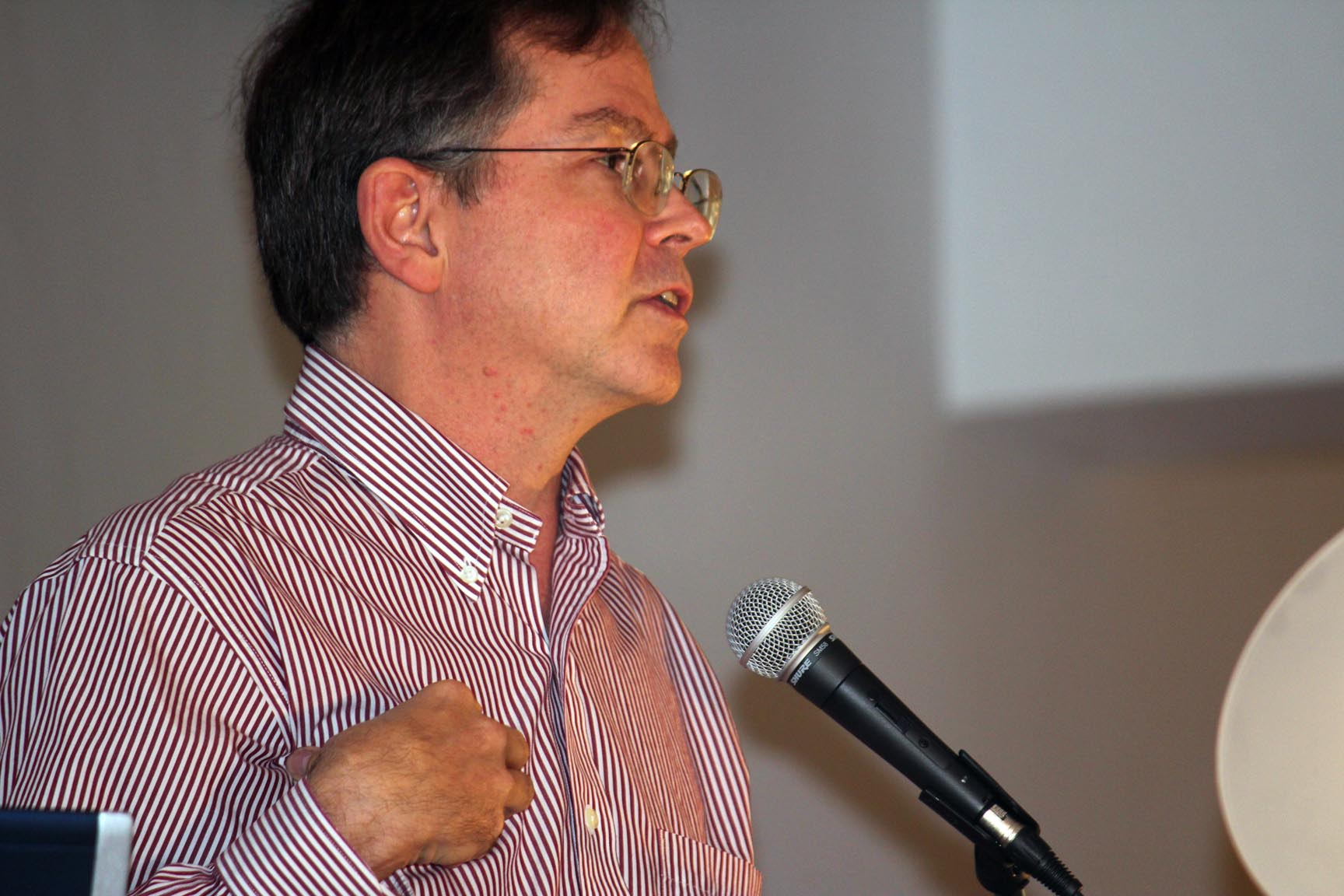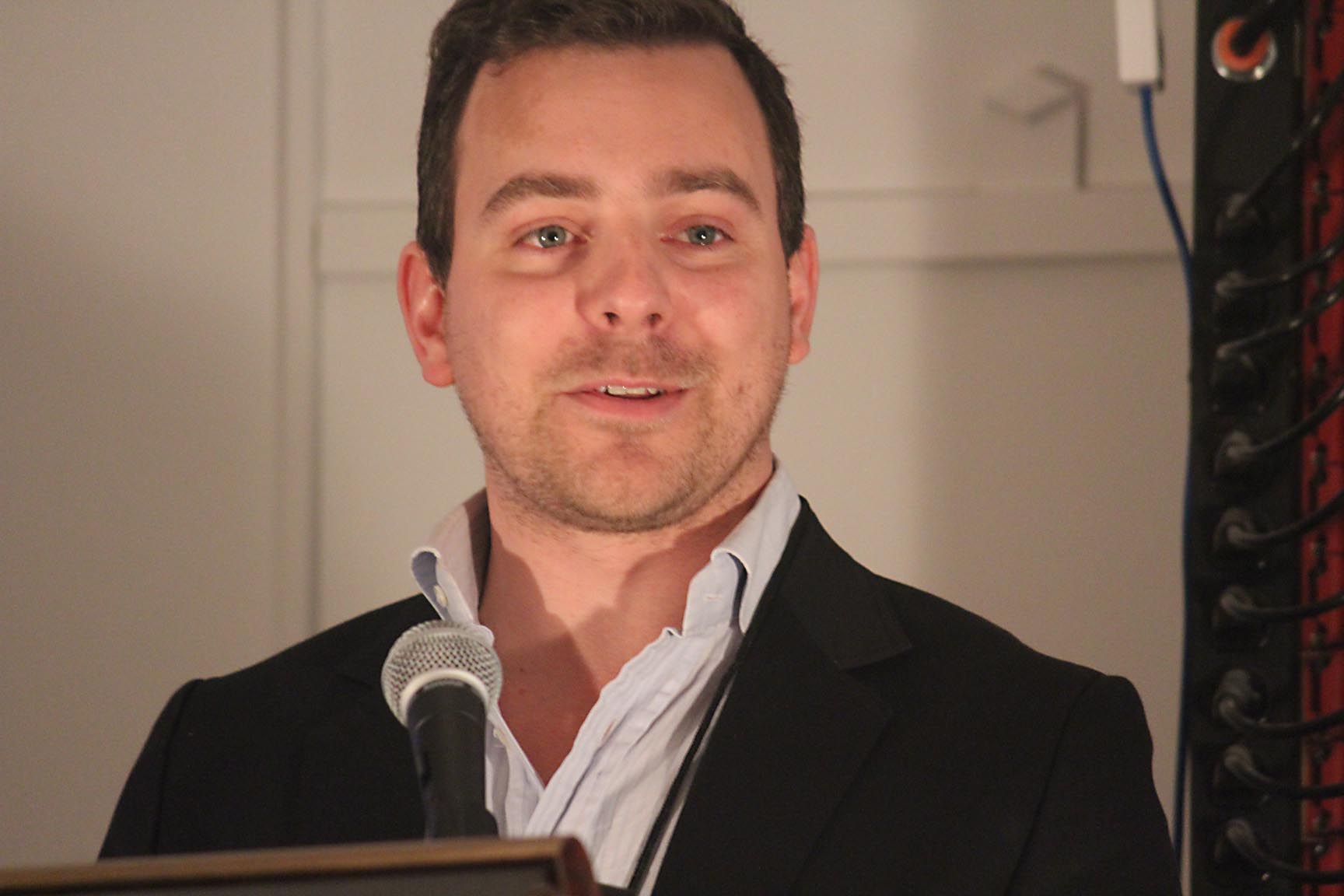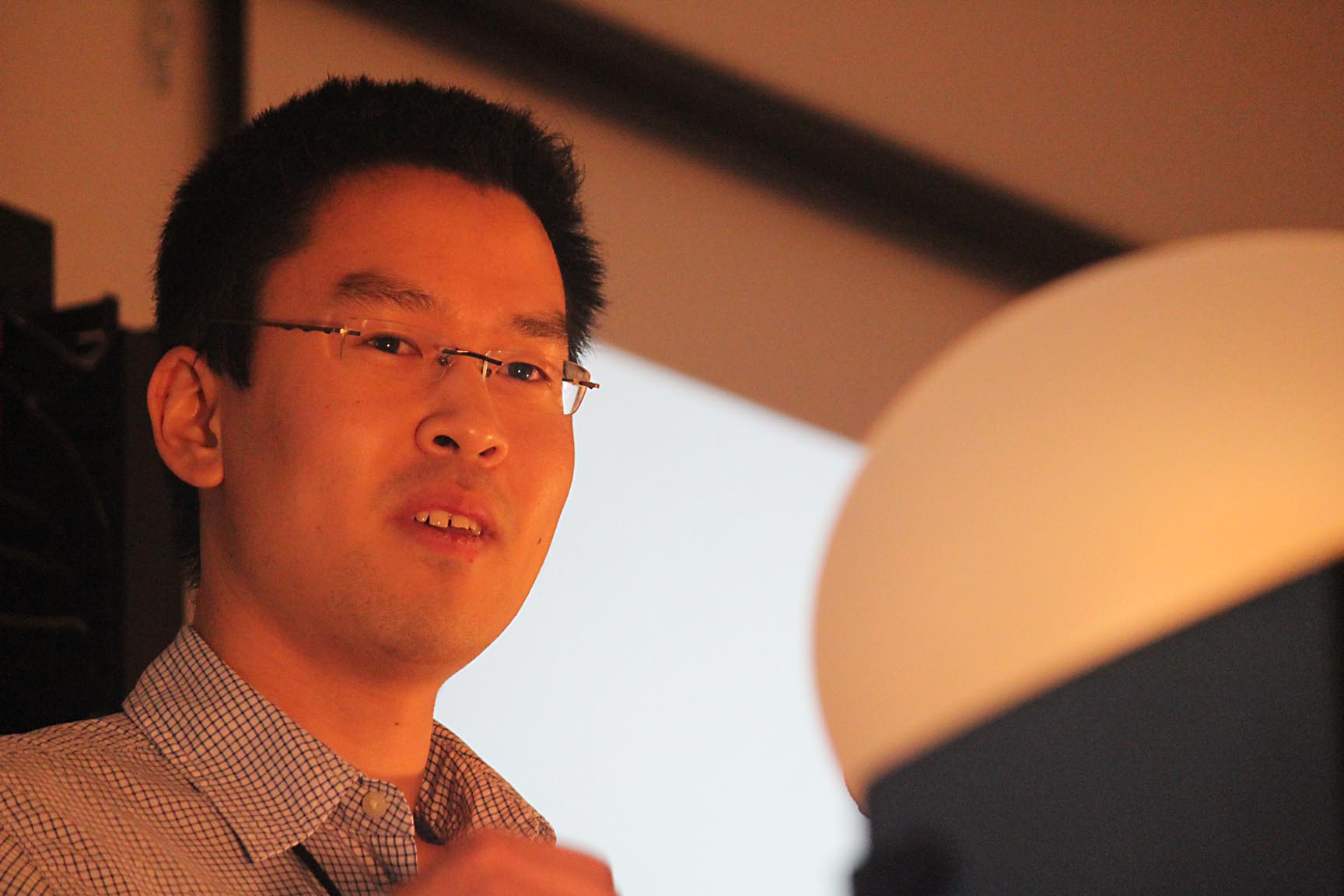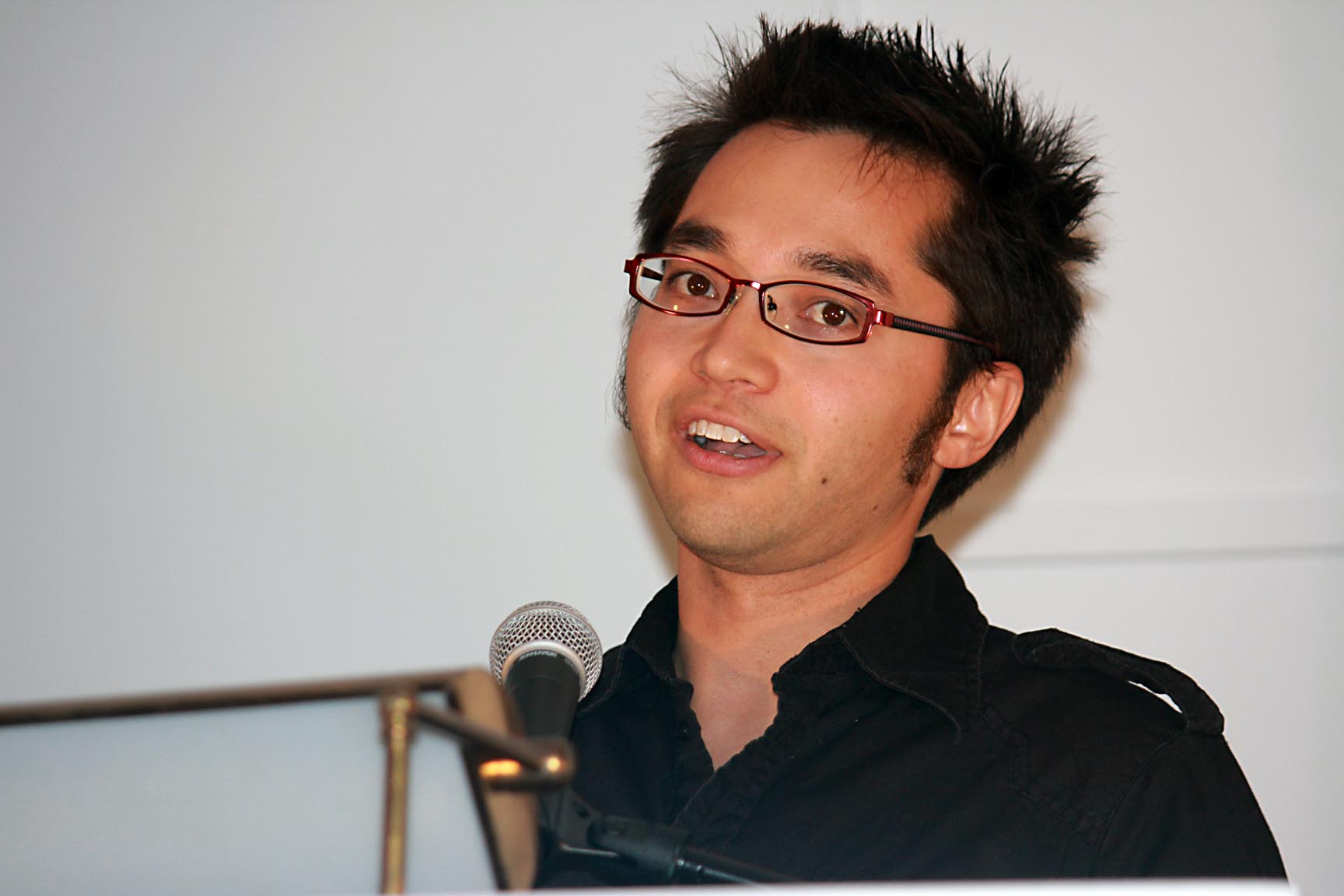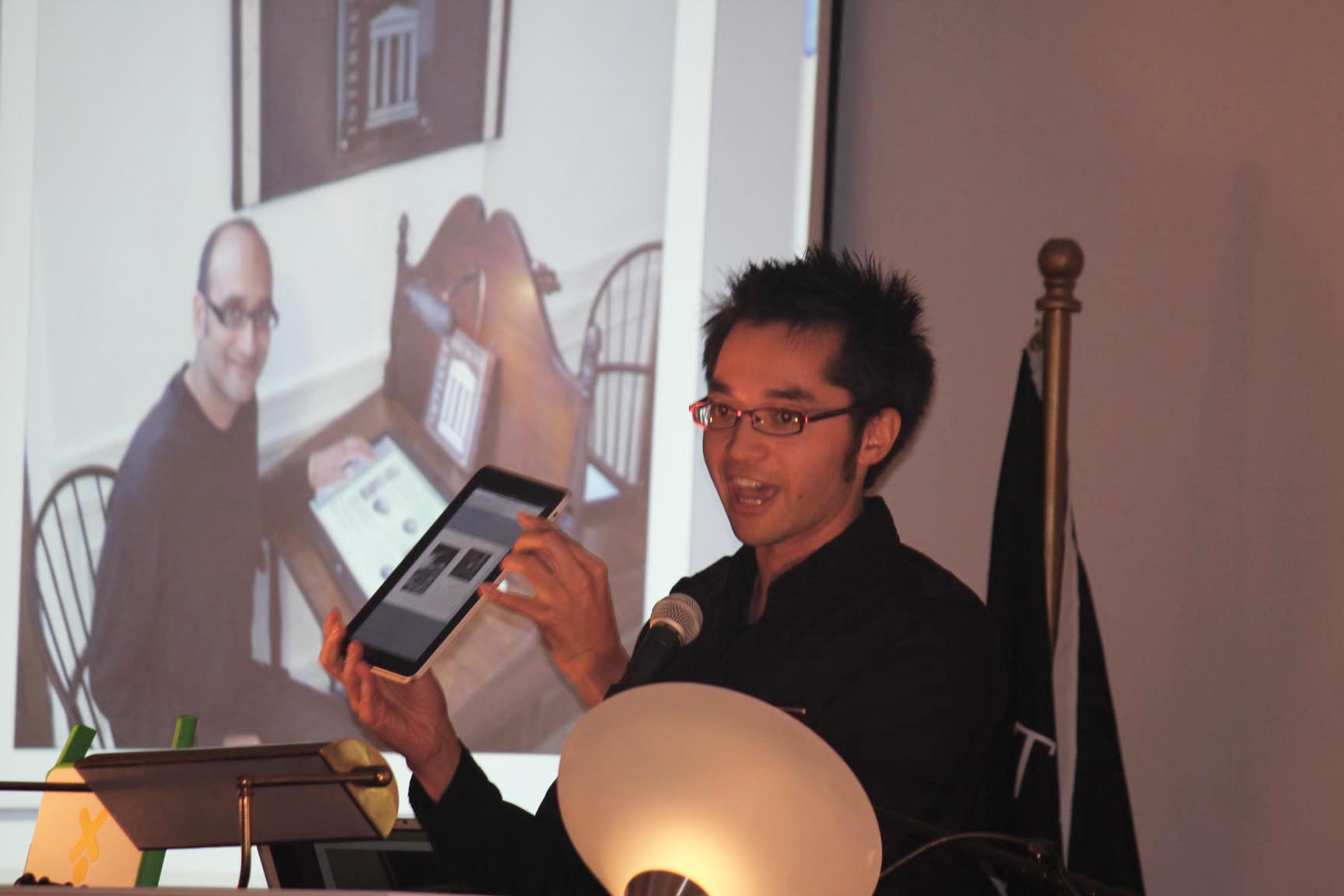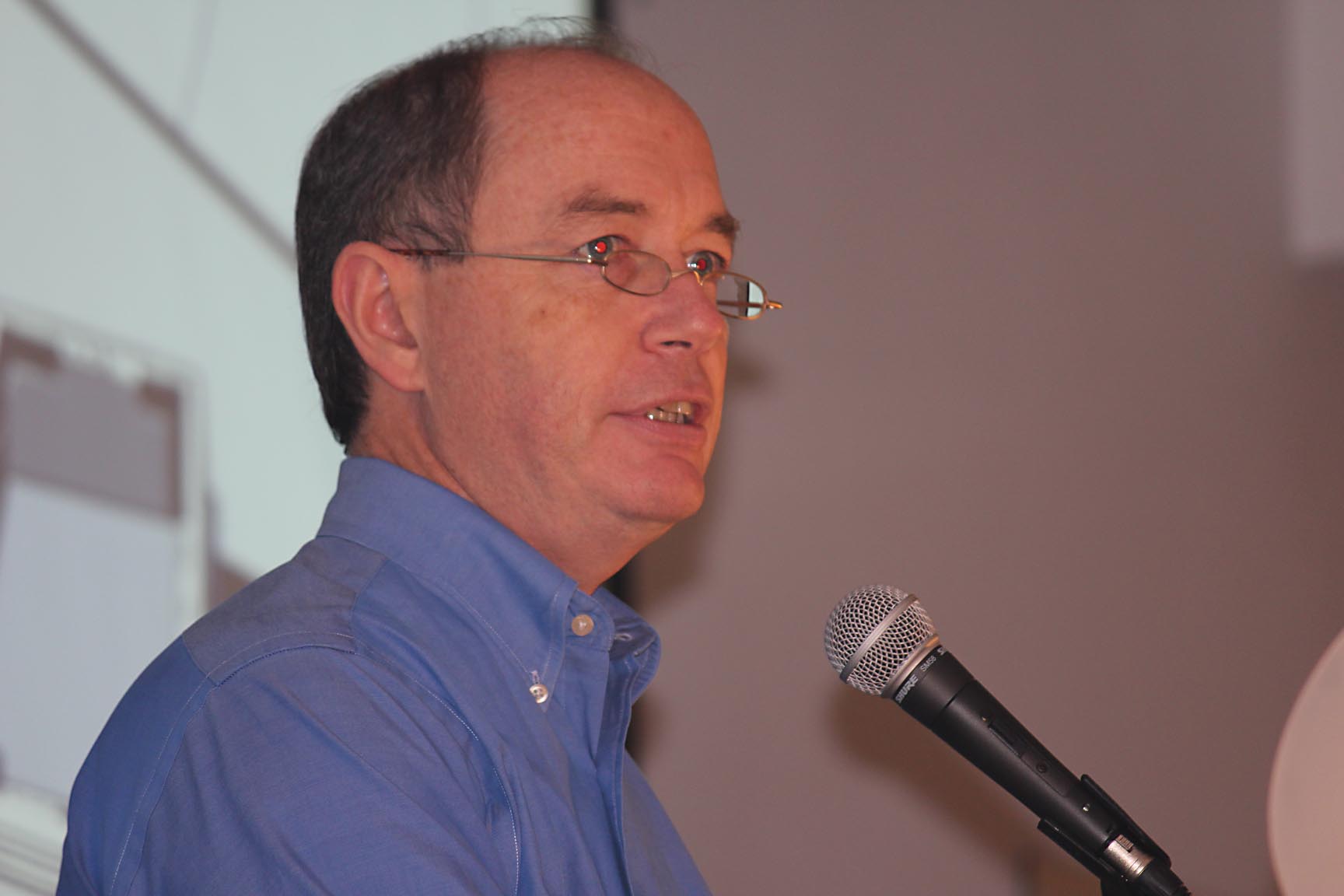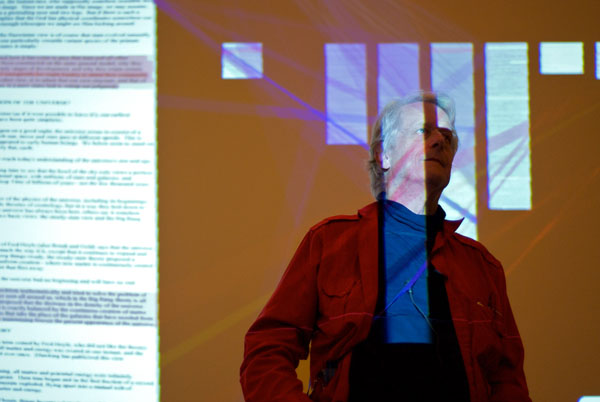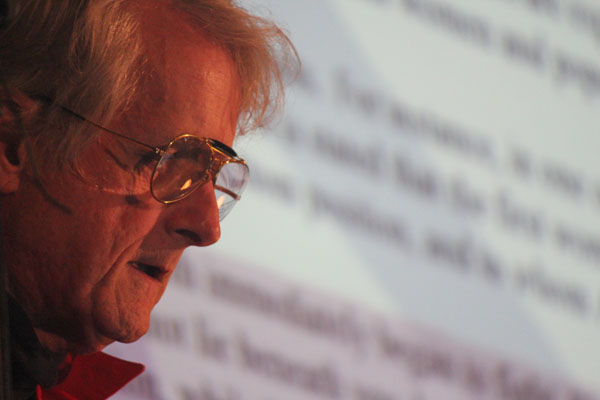[wpvideo q5r6AylD]
Video of the Books in Browsers presentation, October 21, 2010. If you prefer to read about the contents of this speech, please see below. (You can get the high quality version of this video on the Internet Archive.)
Books in Browsers
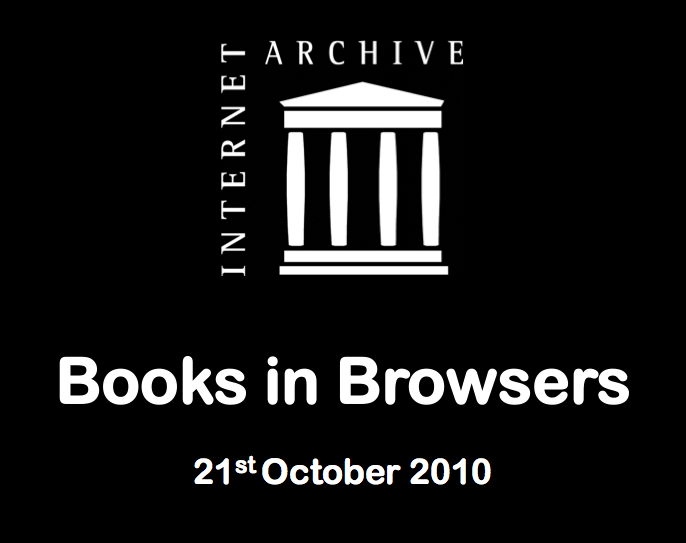 First of all, I would like to say thank you to the sponsors of this gathering: O’Reilly Media, Magellan Media, Copia, the Internet Archive staff, and the 120 publishers, librarians, and toolmakers that have come together from 9 countries to join a 2 day working meeting on Books in Browsers.
First of all, I would like to say thank you to the sponsors of this gathering: O’Reilly Media, Magellan Media, Copia, the Internet Archive staff, and the 120 publishers, librarians, and toolmakers that have come together from 9 countries to join a 2 day working meeting on Books in Browsers.
This meeting is about books and more specifically Book Culture.
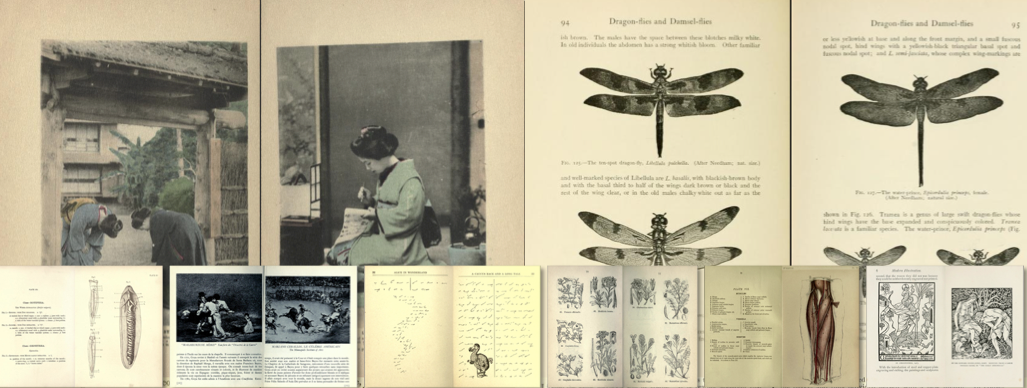
This gathering is attended by booklovers of many different sorts. We are in the middle of a transformation of books; we are participating in a transformation of books, but more accurately, we are causing and shaping a transformation of books. This gathering is to help us work together to do a good job on this transformation.
Books hold a special place in our lives and in our society not because they are made of paper, or portable, but because of the free expression and open society that they helped engender for the last five hundred years. They are the way we, as a society, think things through– it is how we put forward new ideas with enough depth to be potentially life changing.
The role that books have played since the Enlightenment has set a high bar when we come to re-imagine and re-invent the book. The goals of universal education, of individual thought, as well as evolving technology and institutions, must be the focus for this new book we are building to sustain us for another 500 years. Where cause-and-effect are always difficult to determine, certainly a free flow of information was instrumental in creating the modern era.
What we think of as “book culture” is a set of customs, institutions, and laws that make an “Ecology of books.”
This ecology meant that:
- publishers can get into business easily
- booksellers appeared on many street corners
- libraries bought and then lent books to patrons
- authors, sometimes, got more than beer money
- readers can enjoy the great works of humankind
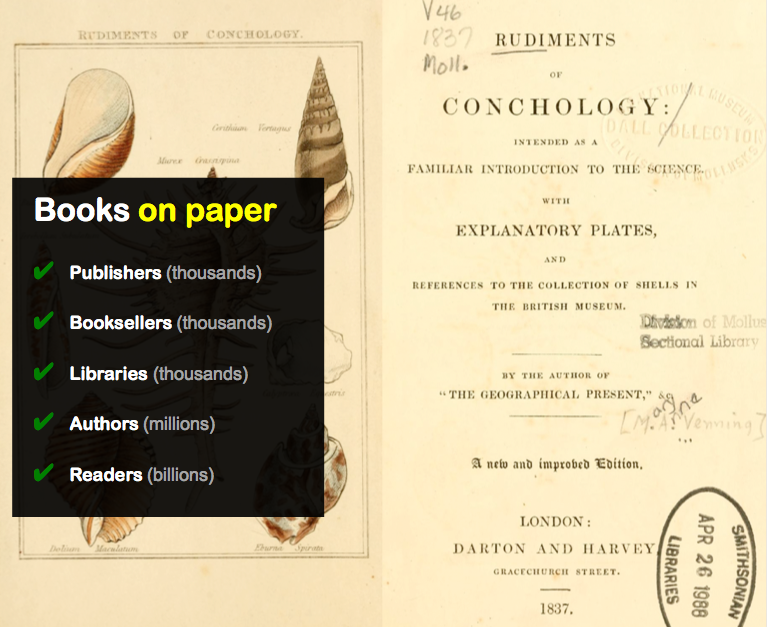
All of these components are now in transition.
Today we are seeing the shift from paper to digital, which is well underway for those who can give away information. A bunch of advertising-supported companies, donation-supported non-profit organizations, and all sorts of organizations that do not have to make money from selling information have blossomed on the web. We have access to an unprecedented amount of stuff for free.
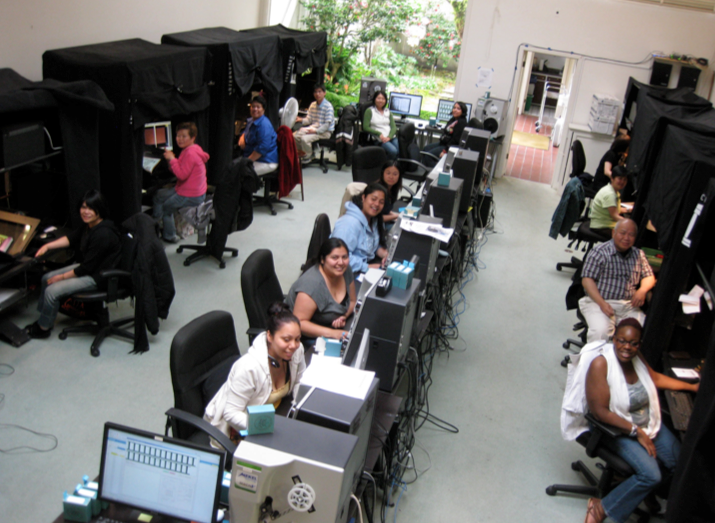
Internet Archive Scanning Center
Just this month, the Internet Archive, working with hundreds of libraries around the world, hit the milestone of 2,500,000 free books. These texts are being downloaded almost 10 million times every month. In the last year alone, we scanned over 100,000 modern books, all the way up to Harry Potter, making them available to the blind and dyslexic.
You can go see a scanning center around the corner after this presentation, it will be running until midnight.
To put this in perspective — if we would like to make a great library, say like a Yale or a Boston Public Library scale library, available to all people everywhere in the world, then we would need to have about 10 million books and volumes of journals in our library.

Approximately 2 million are public domain books, or about 20% of our great library. While there is more to do, we can celebrate that we have accomplished a significant step by working together.
But this leaves us with the other 80% of our great library– those books that are out-of-print, about 7 million books, and in-print, about one million books. This requires some more work and working together.
The goal is Universal Access to All Knowledge. We want access to public domain materials, older out-of-print but in-copyright materials, and the newest materials that are being commercially sold.
We are making progress towards these goals — books are being distributed in digital form: public domain, out-of-print, and in-print.
But up until now they are being distributed in completely different ways.
BOOKS ON DEVICES
The first major breakthrough was the Kindle, which launched 3 years ago and ushered in Books on Devices for a mass audience.
There were others at the same time such as the Barnes & Noble Nook and the Sony Reader
Books in Devices showed that given the right display, set of books, and ease of use, people will buy books delivered digitally. As a proof of concept, this was great.
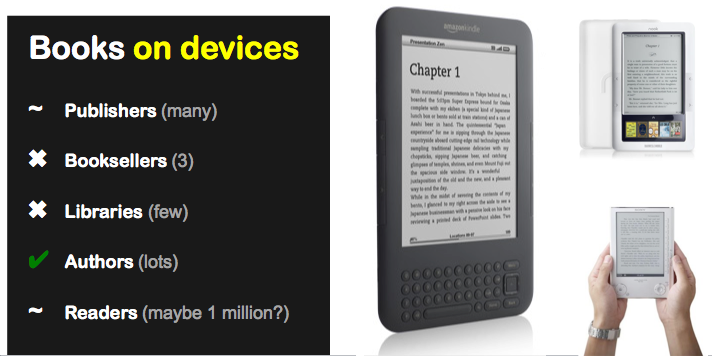
Problems with having a single device directly connected to a single book store would give great deal of centralized control for the one company. But demonstrating that people will pay for an electronic version of a book is a big step forward.
BOOKS IN APPS
The introduction this year of the Apple iPad and to some extent the Google Android brought with it the introduction of books in applications or “Books in Apps”. Books in Apps means that a more general purpose device can be used for reading commercial books. Books in Apps brought the possibility of more entities participating in book sales and distribution, and Apple and Google then started stores to sell applications, and in Apple’s case to sell books. Amazon quickly adapted to this by creating an app, as did Barnes and Noble. The “Books as Apps” era was started.
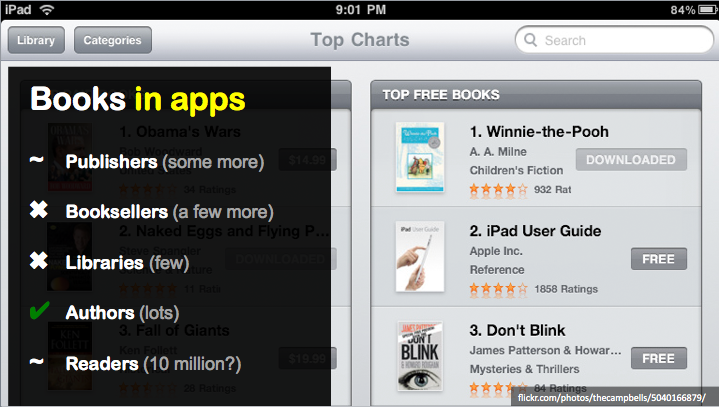
But we are still short of the freedom to publish, the freedom to sell, the freedom to lend, and the freedom to read all that is legal to read. Choke points, closed platforms, and restrictive contracts prevail, but it is another step forward.
BOOKS IN BROWSERS
Today we are announcing huge progress opening up the digital book world to take advantage of the distributed and open advances in the world wide web — with its increased functionality of the web browser to support sophisticated applications, and adding the ability to purchase and to borrow books.
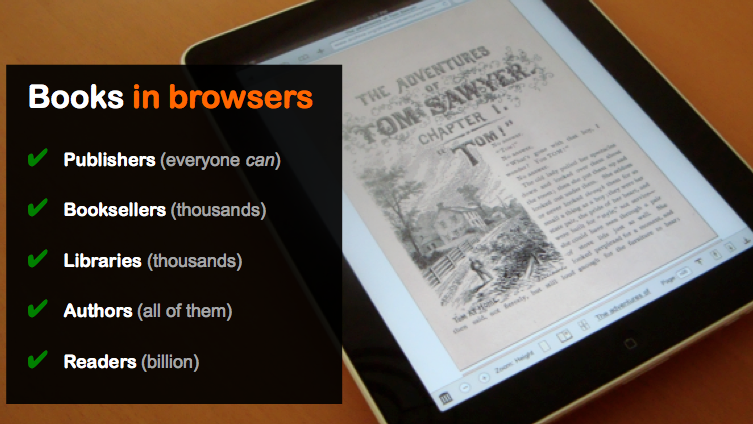 “Books in Browsers” offer
“Books in Browsers” offer
- a dedicated device-like book reading experience
- the freedom to have many devices to choose from
- the freedom to publish works without having to get approval from a company
- the ability to set up digital lending libraries
I understand there are over 1 billion web-enabled devices in the world, so the number of potential readers is huge.
Many organizations are going in this direction.
Google’s promised Google Editions are going to be available in browsers. Amazon is putting its toe in the books-in-browser world with its recent beta. Starbucks and LibreDigital’s recent announcement of best sellers readable in browsers when at a Starbucks. Ibis Reader, Book Glutton, rePublish, sBook, and the Internet Archive are other emerging technologies for reading in browsers.
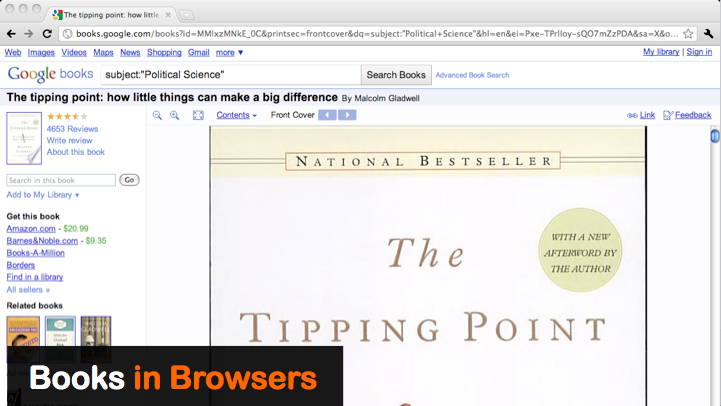 Google In-Browser Book Reader |
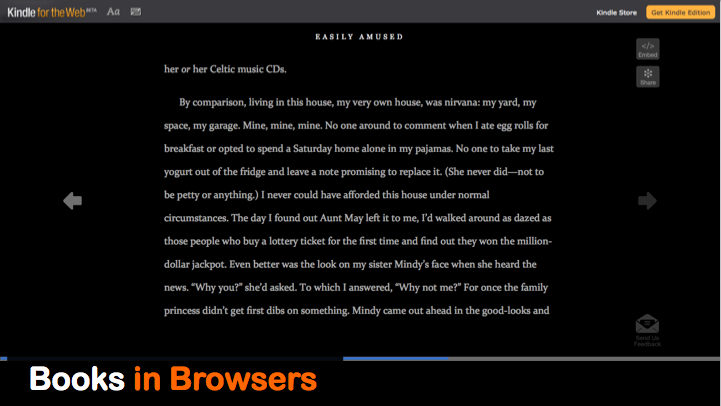 Kindle for the Web |
|
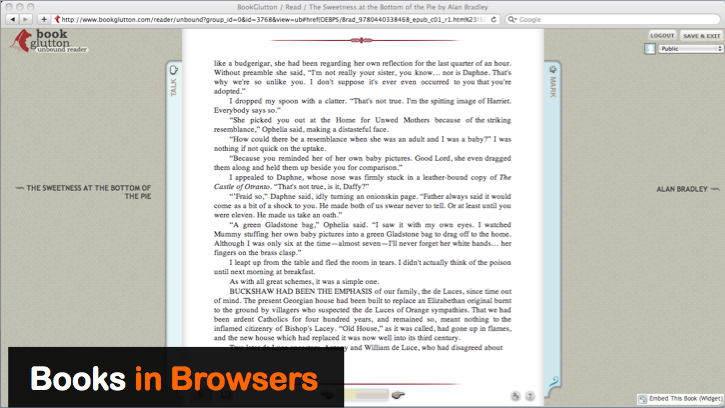 Book Glutton |
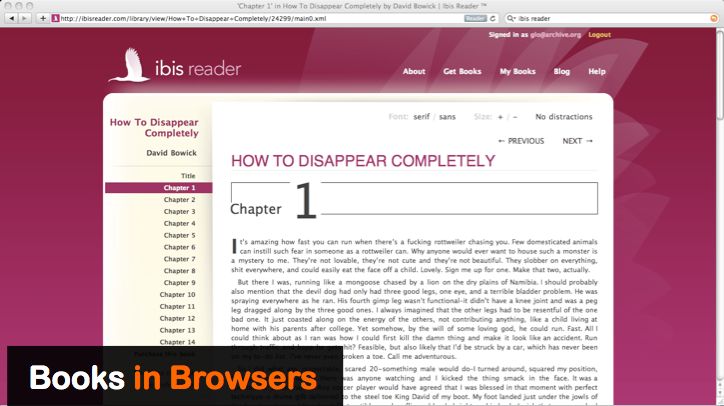 Ibis Reader by Liza Daly & Keith Fahlgren |
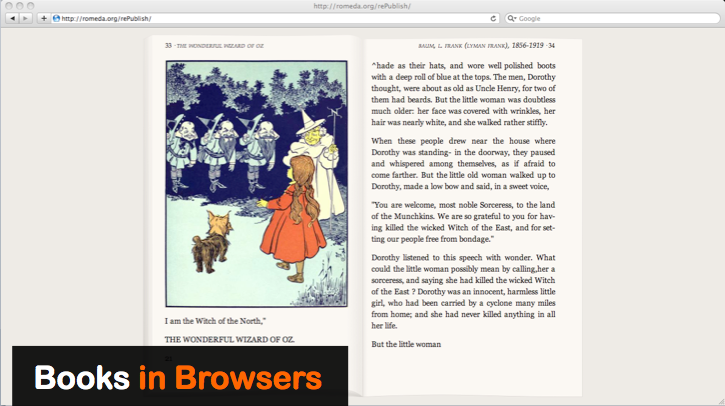 “RePublish” ePub reader by Blaine Cook |
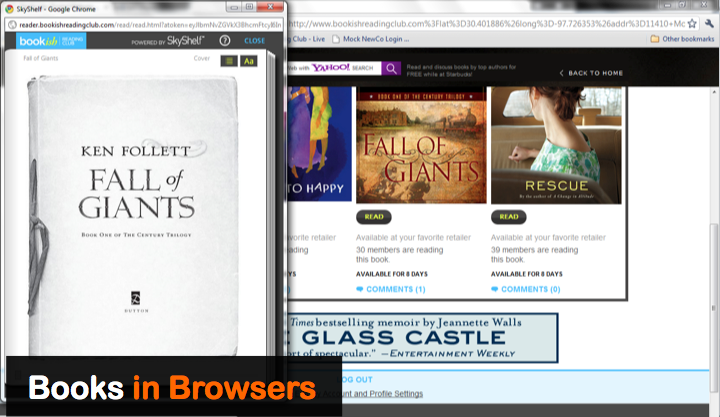 SkyShelf Reader in Starbucks |
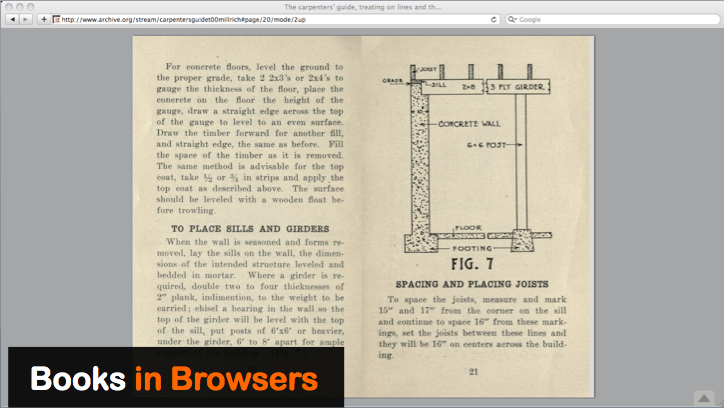 Internet Archive Reader |
Books in Browsers
- publishers can easily go into business
- booksellers on many virtual “street corners”
- authors who can sometimes support themselves
- readers who have access to the great works of humankind
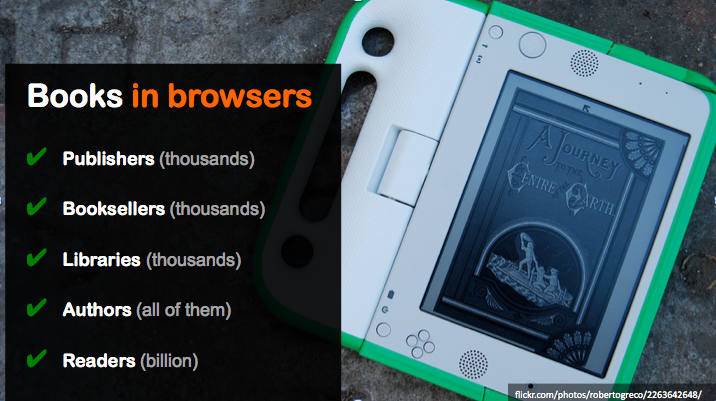
Today I am going to show you some of the pieces coming together for this purpose: Books in Browsers. [see screenshots from demos below]
This meeting brings together 120 people to work on Books in Browsers. A world were there are many winners, and the most important winner is the reader, who can get the device of their choice, the bookseller of their choice, lots of libraries that preserve and provide access to both old and new books, and buyable books from a number of competing booksellers.
We see Books in Browsers as a way to offer the richness of books to the maximum number of people that enable authors, booksellers, publishers, libraries, and readers to leverage an open ecosystem to buy, borrow, and read the vast literature that is rapidly going online.
Thank you.
Demo Screenshots
Below you will find screenshots from some of the demos done during the presentation. For a better look, we suggest watching the video of the presentation offered at the beginning of this post.
Reading a Book in a Browser with an App-like experience
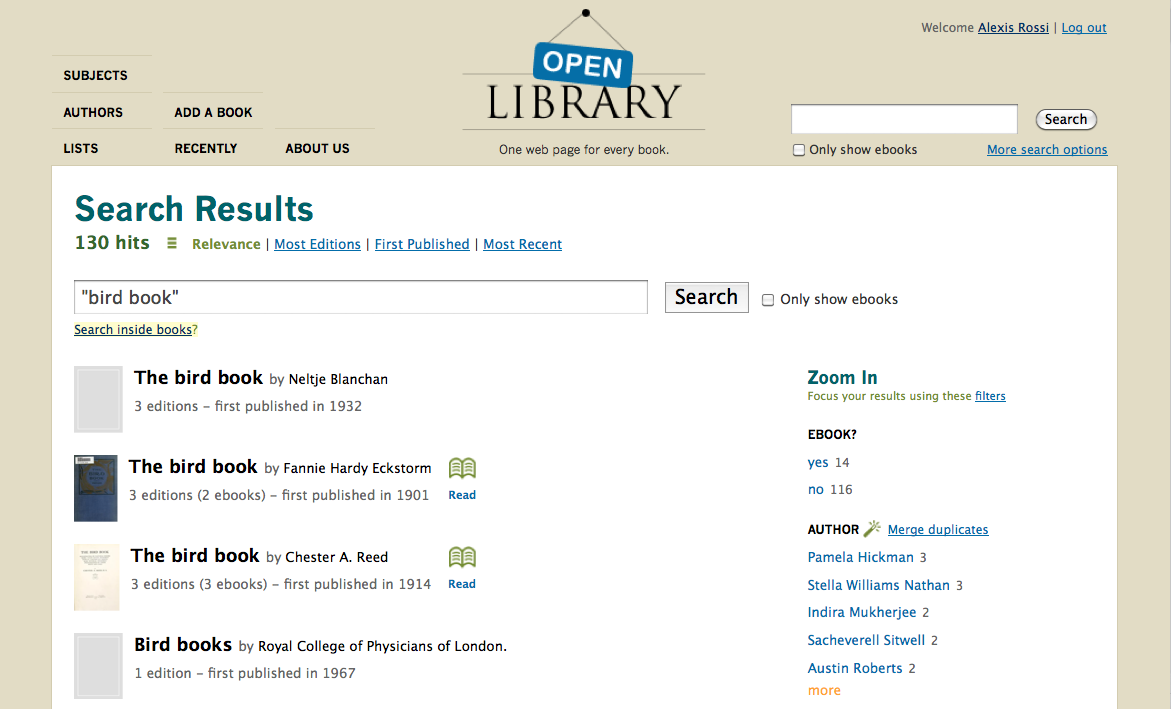
Search for a Book
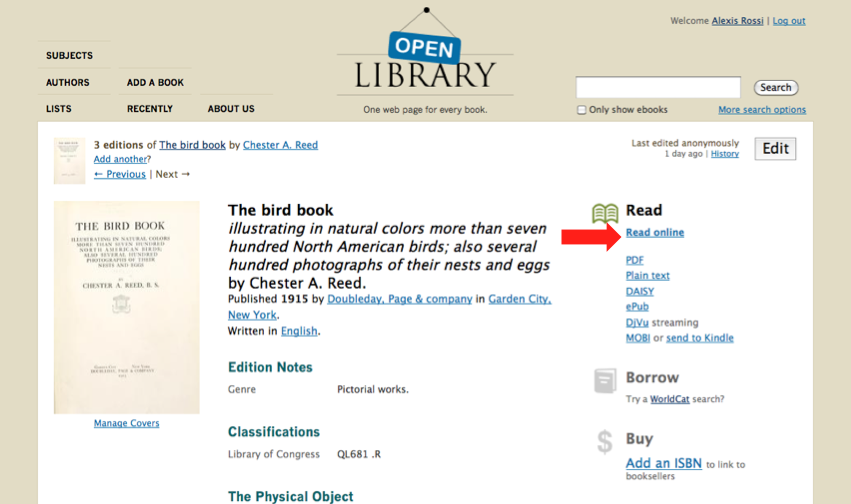
Choose to read the book online
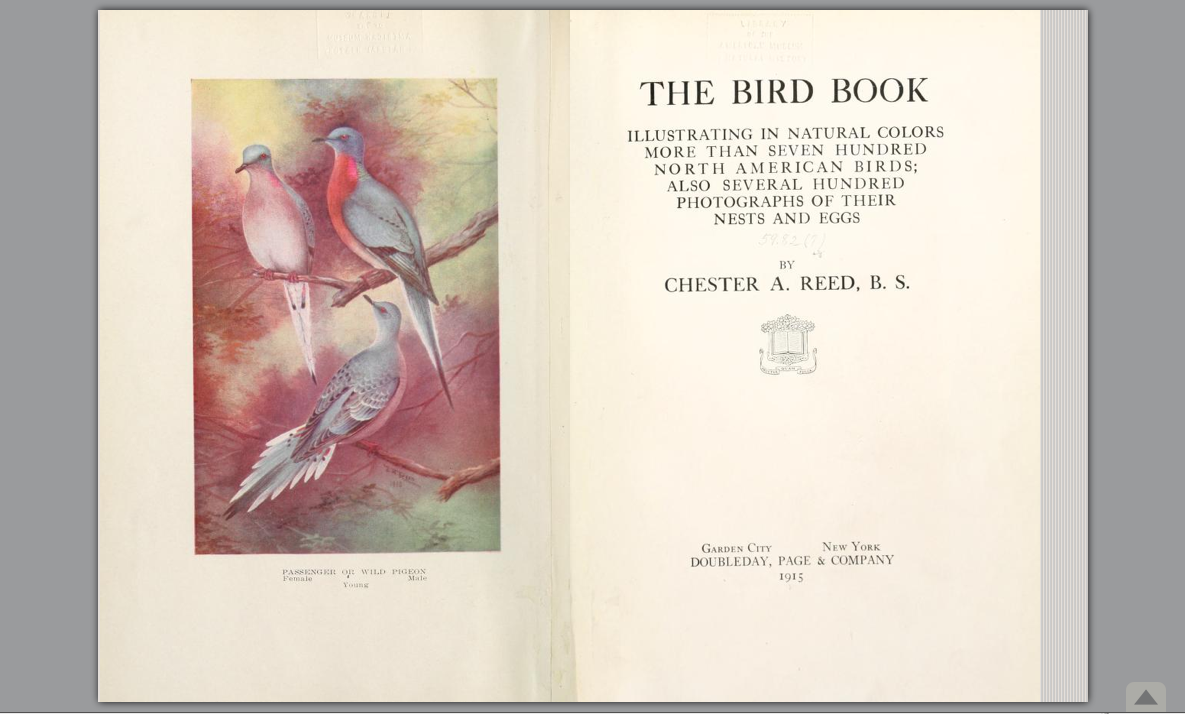
Read the book full screen
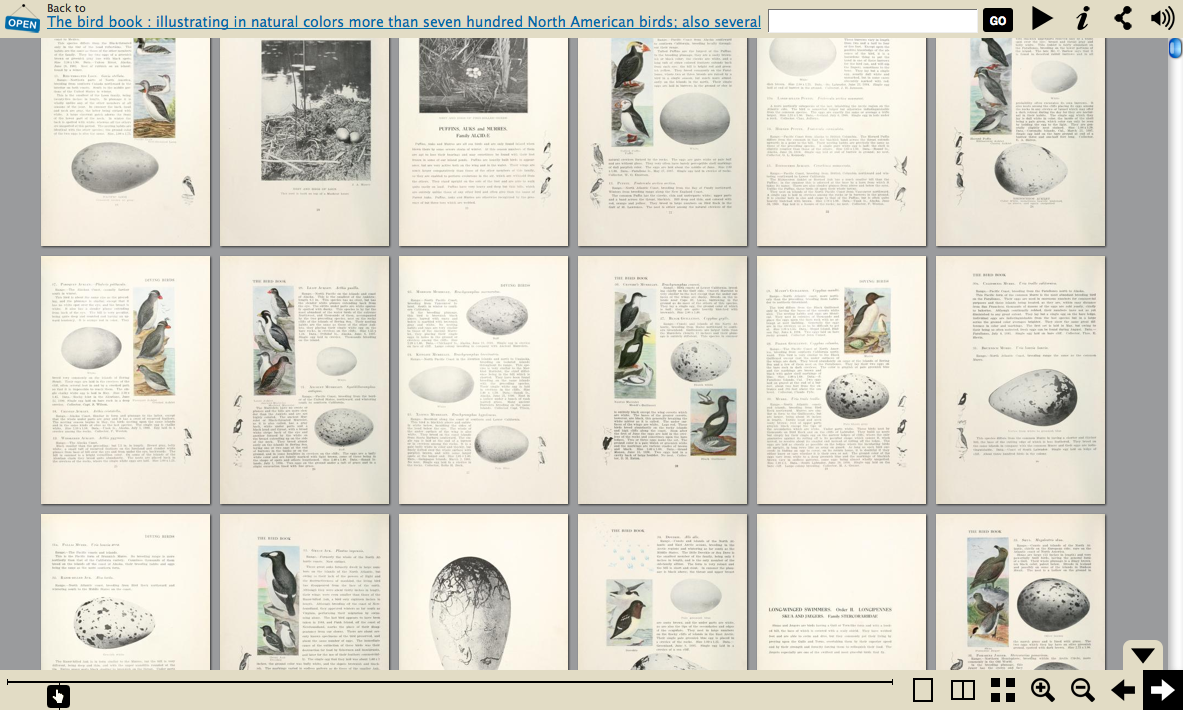
Browse the book
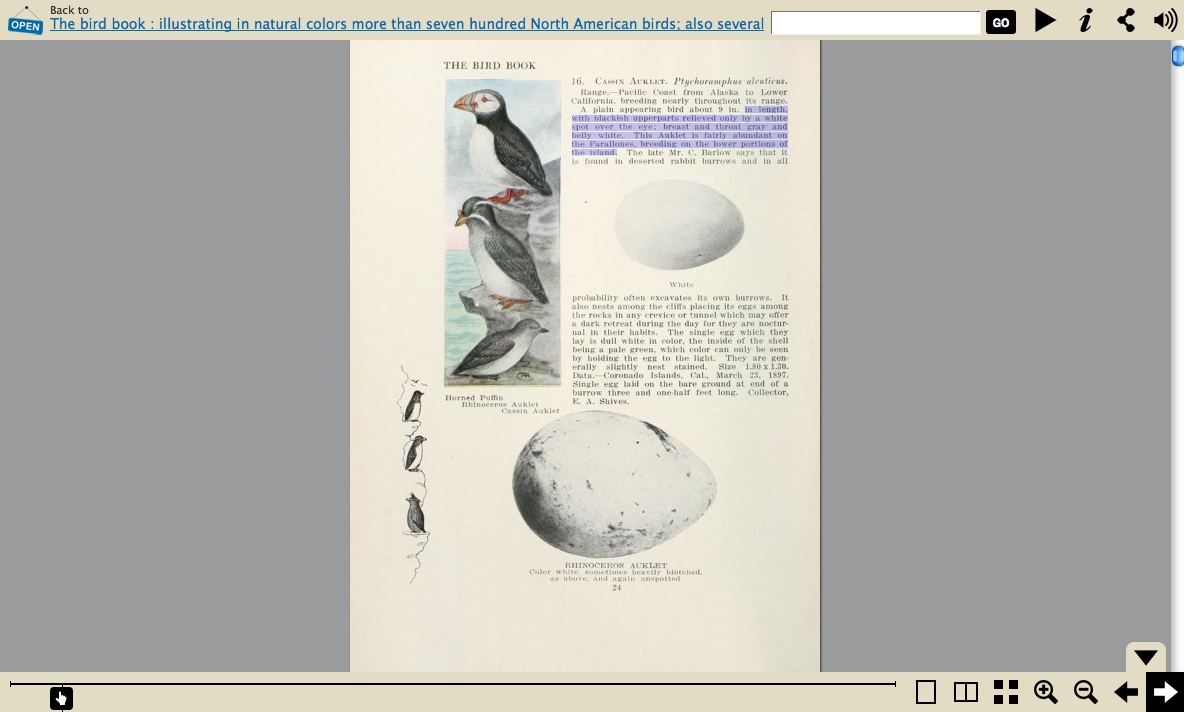
Browser can read the book to you while highlighting passages
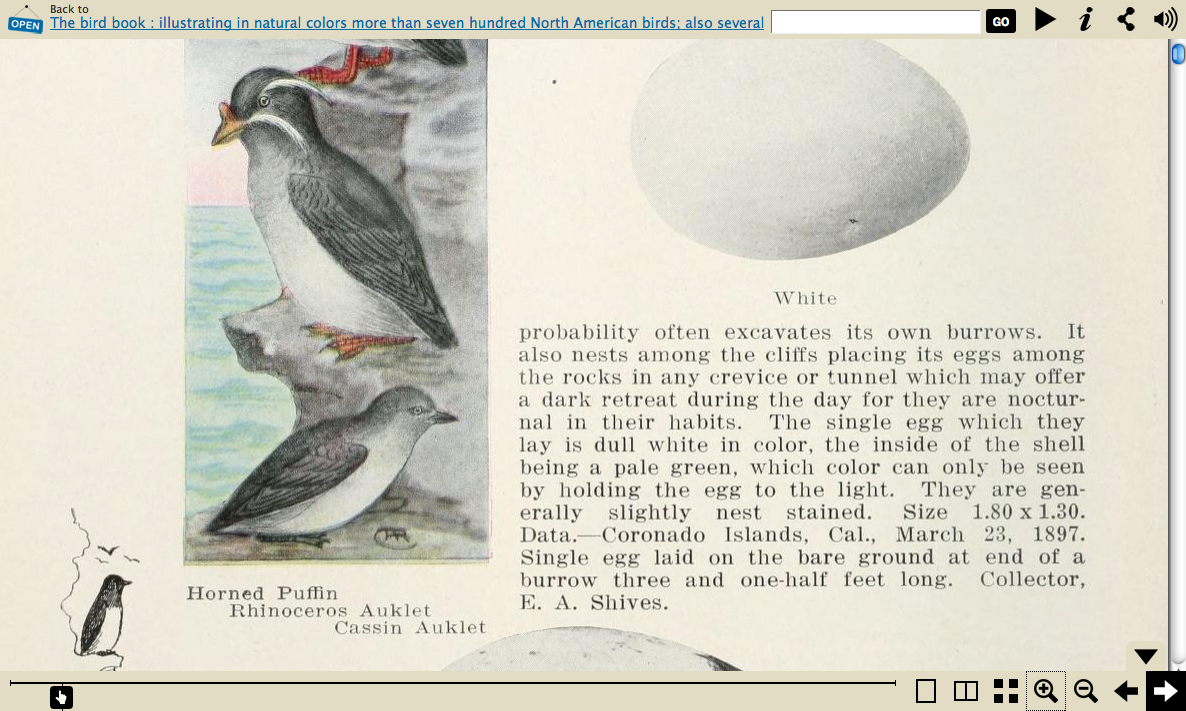
Zoom in to get a better look
Buying a Book in Browser to be Read in a Browser
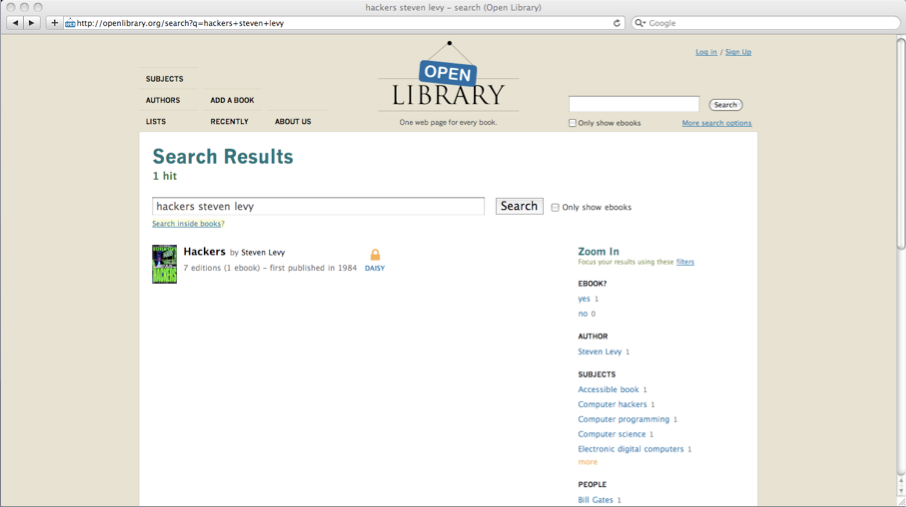
Find the book
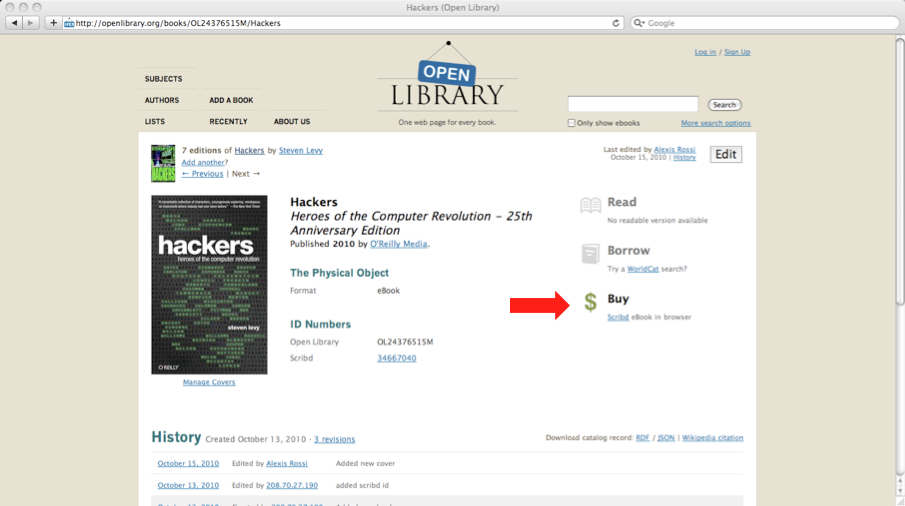
- Select link to buy from Scribd
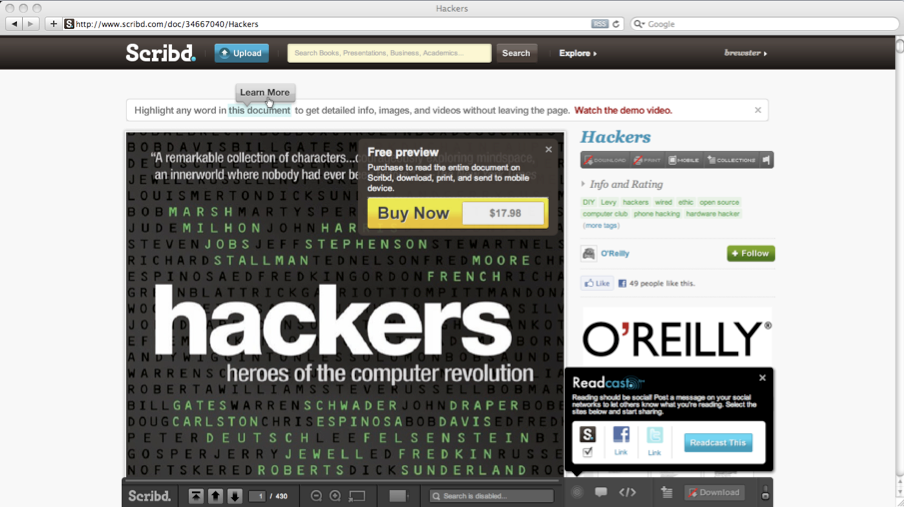
Go to Scribd site
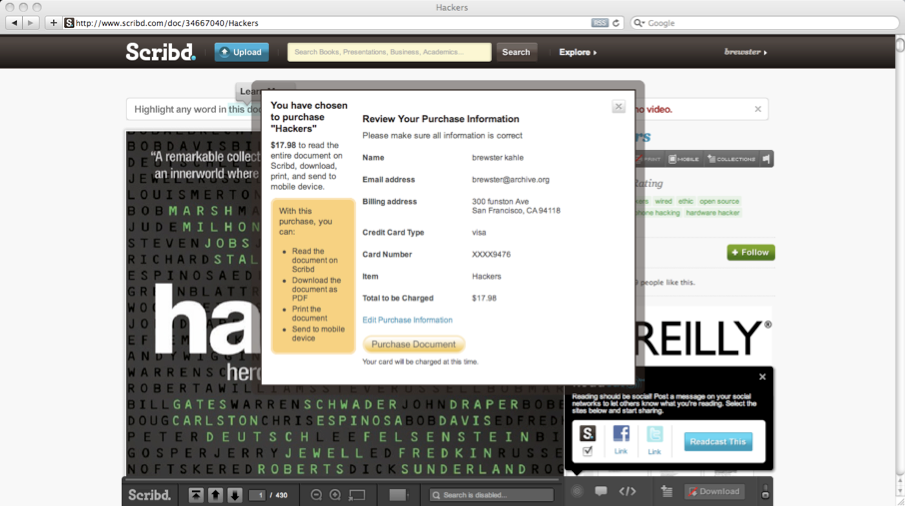
Purchase the book
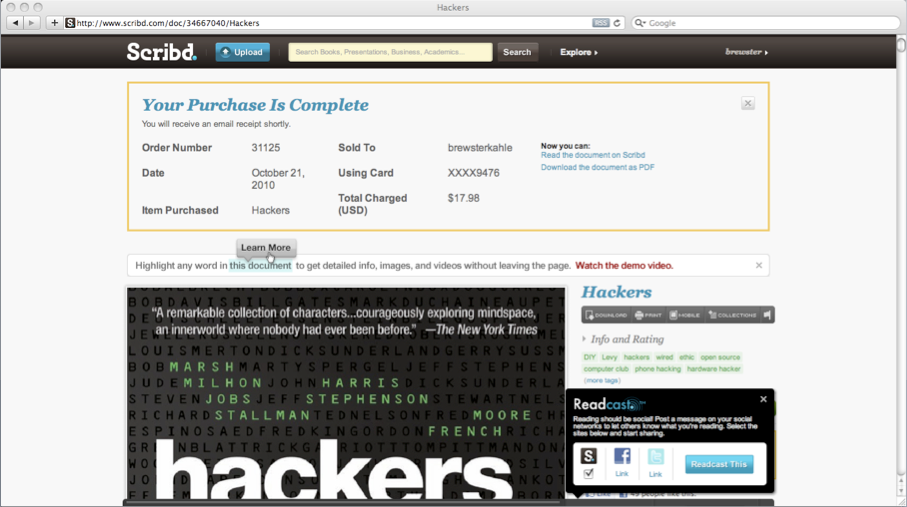
Read the purchased book in your browser
Borrowing a Book in a Browser
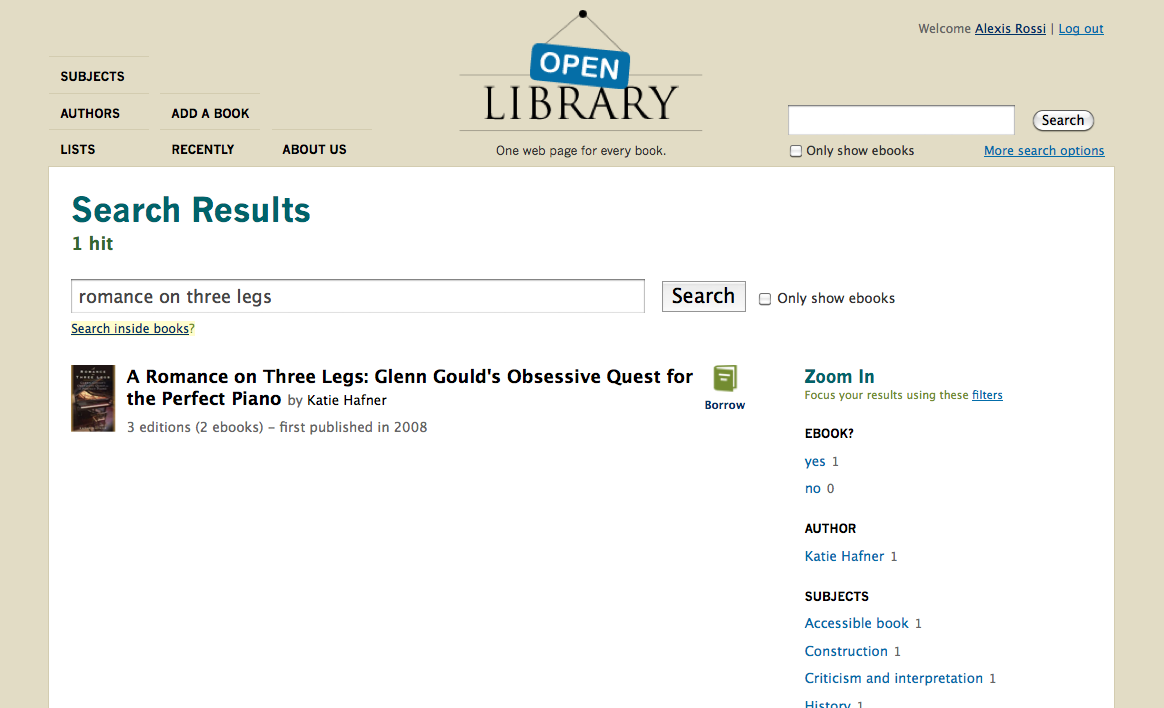
Find the book you'd like to borrow
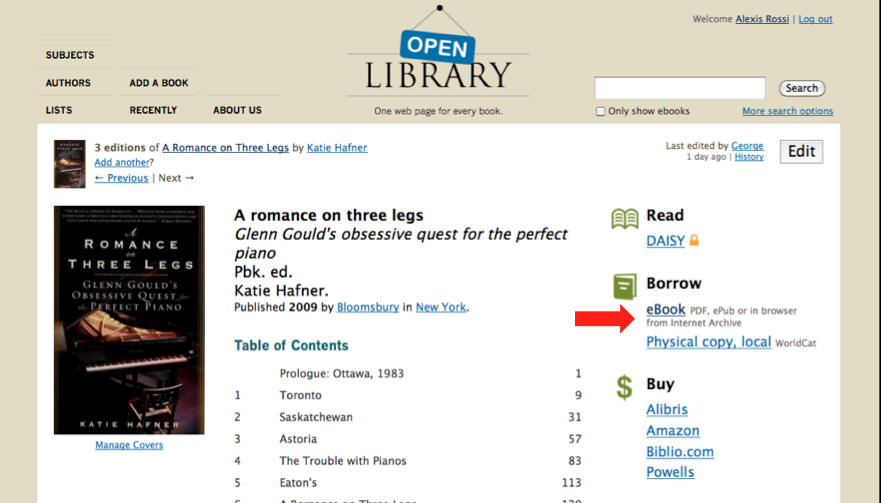
Choose to borrow the ebook from Internet Archive
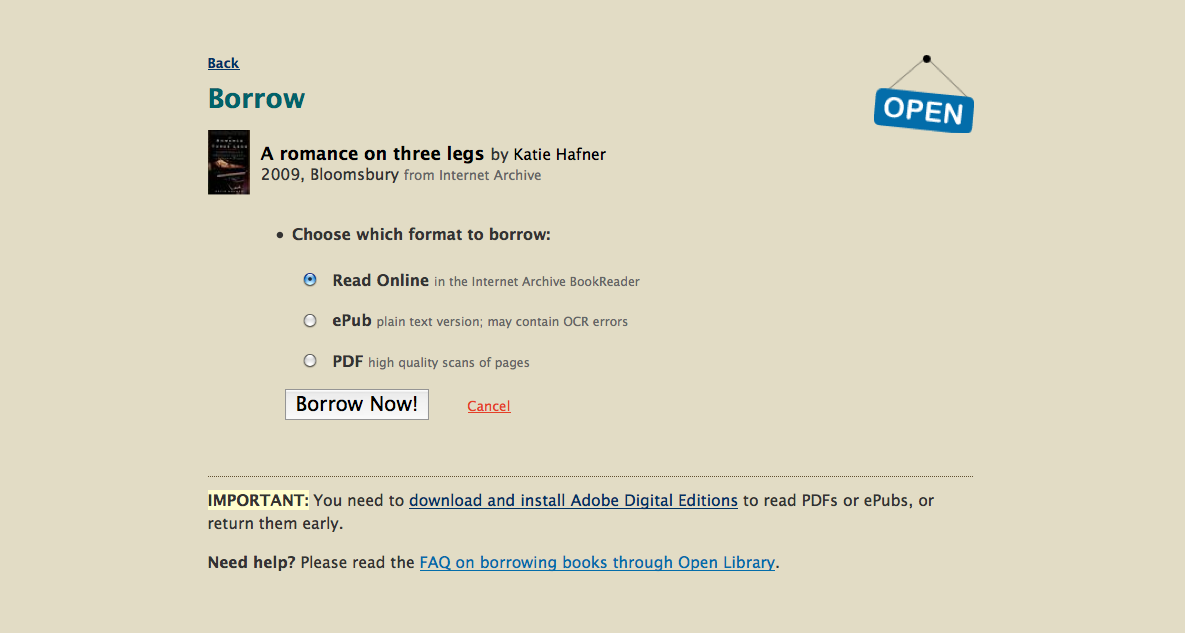
Select the format you'd like to borrow - choose Read Online to read in the browser
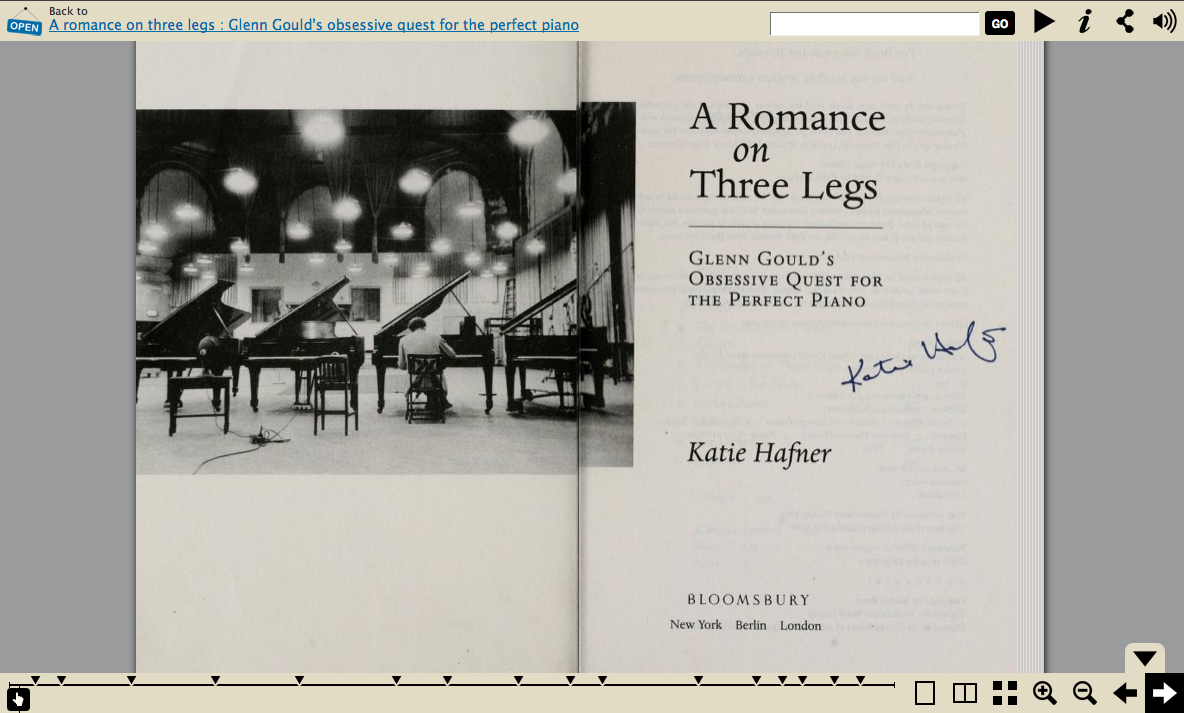
Read the book
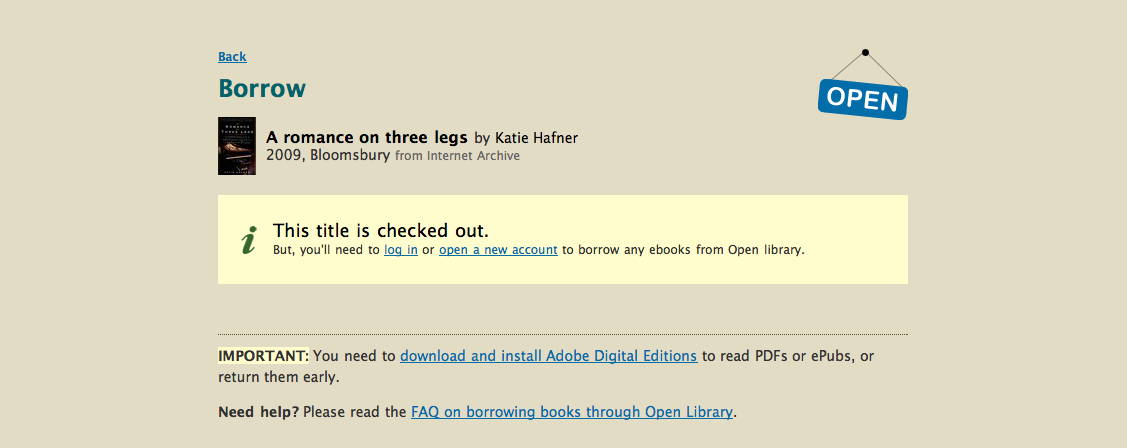
No one else can borrow the book while you have it checked out
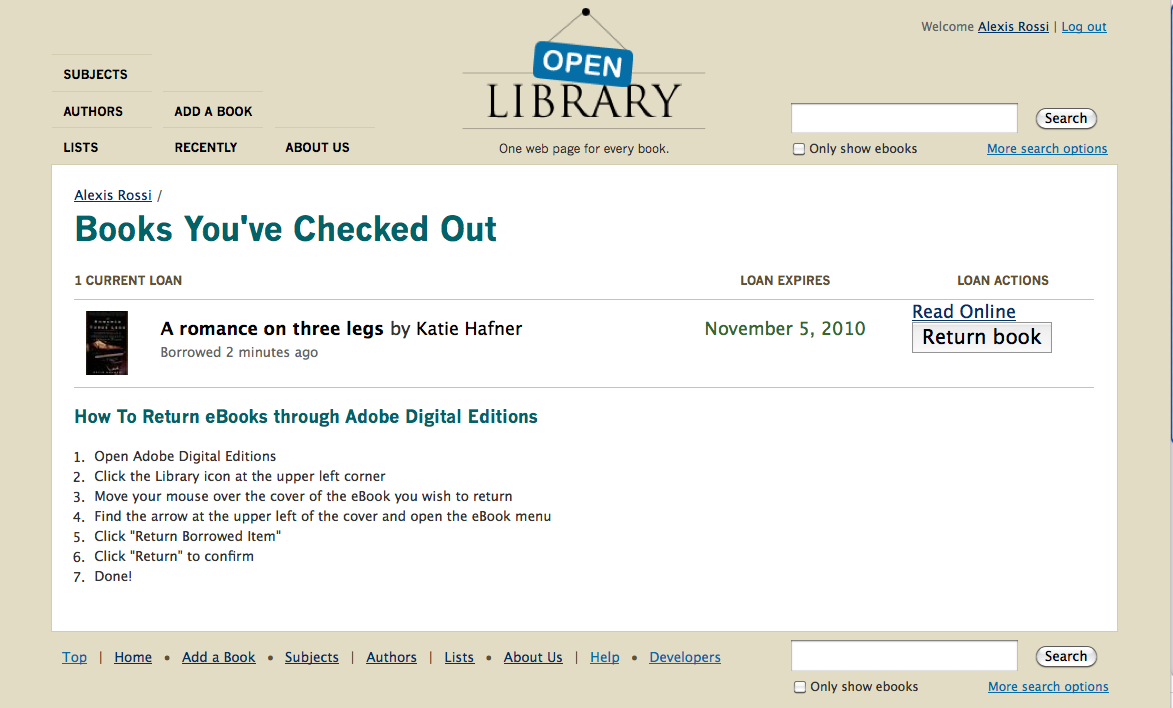
Return the book from your Loans page
Tom Blake, from Boston Public Library, filmed a special message to be played during the presentation.
[wpvideo GAG1RAXG]
Books in Browsers Participants
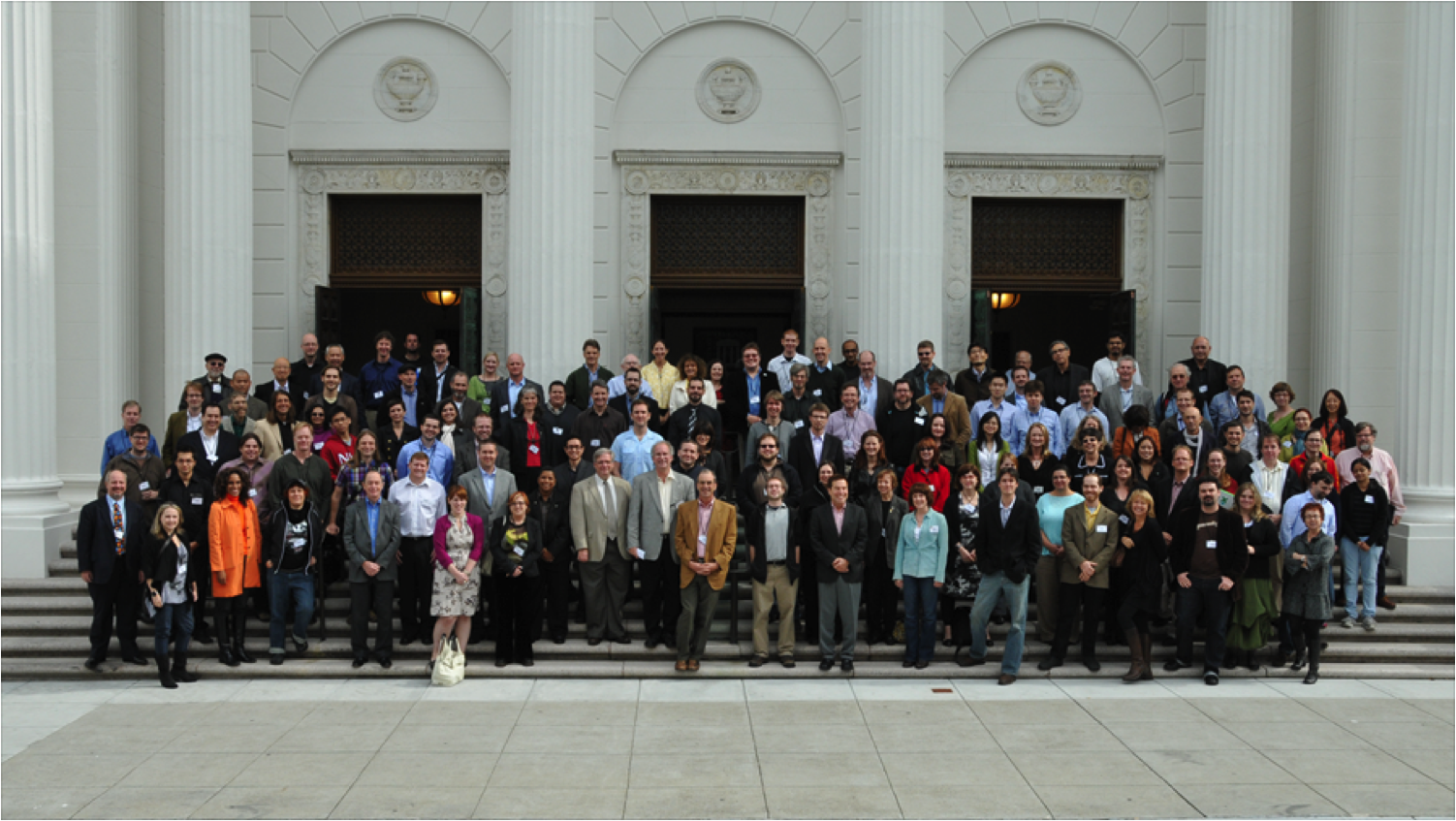
Books in Browsers attendees
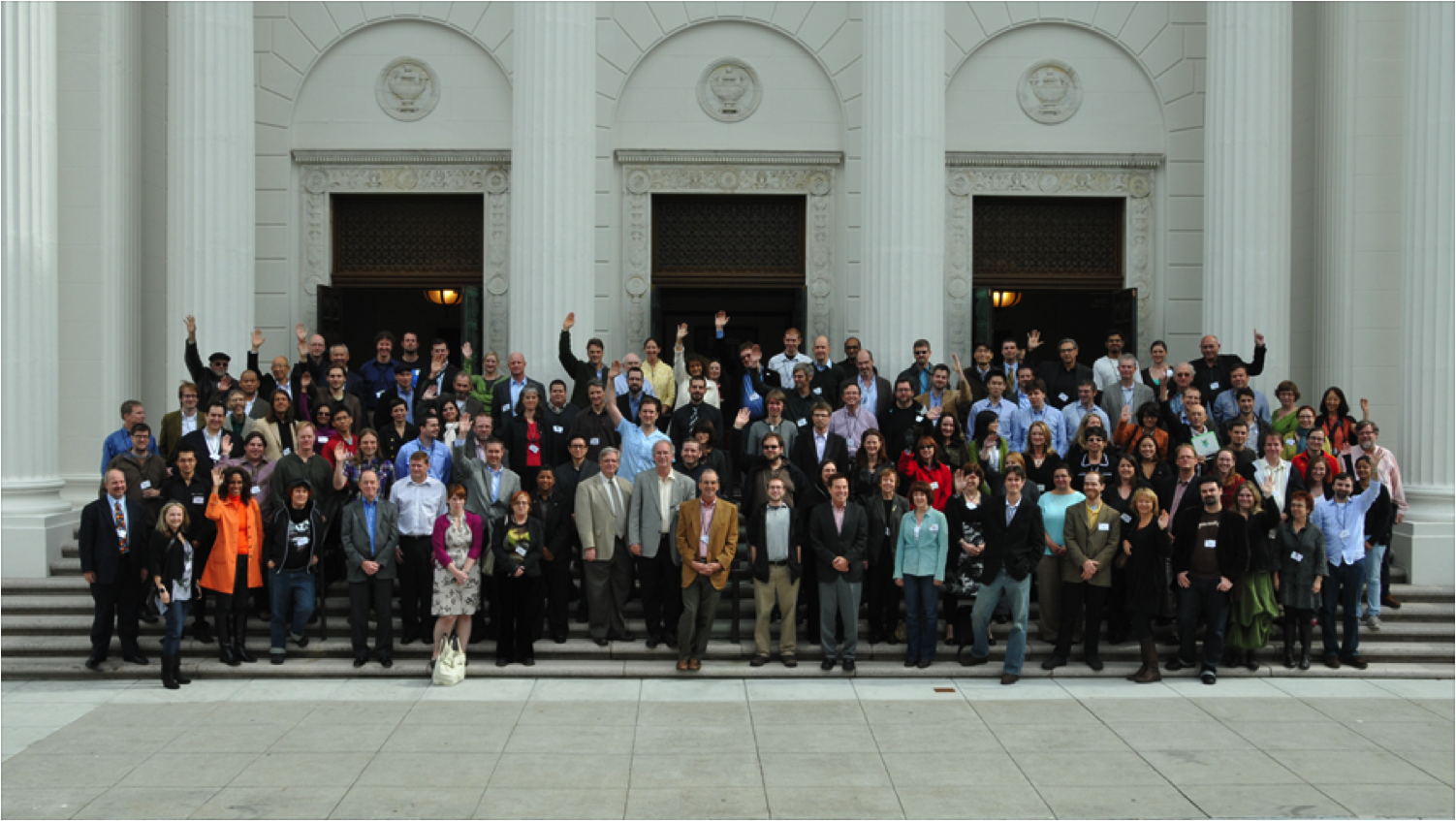
Publishers
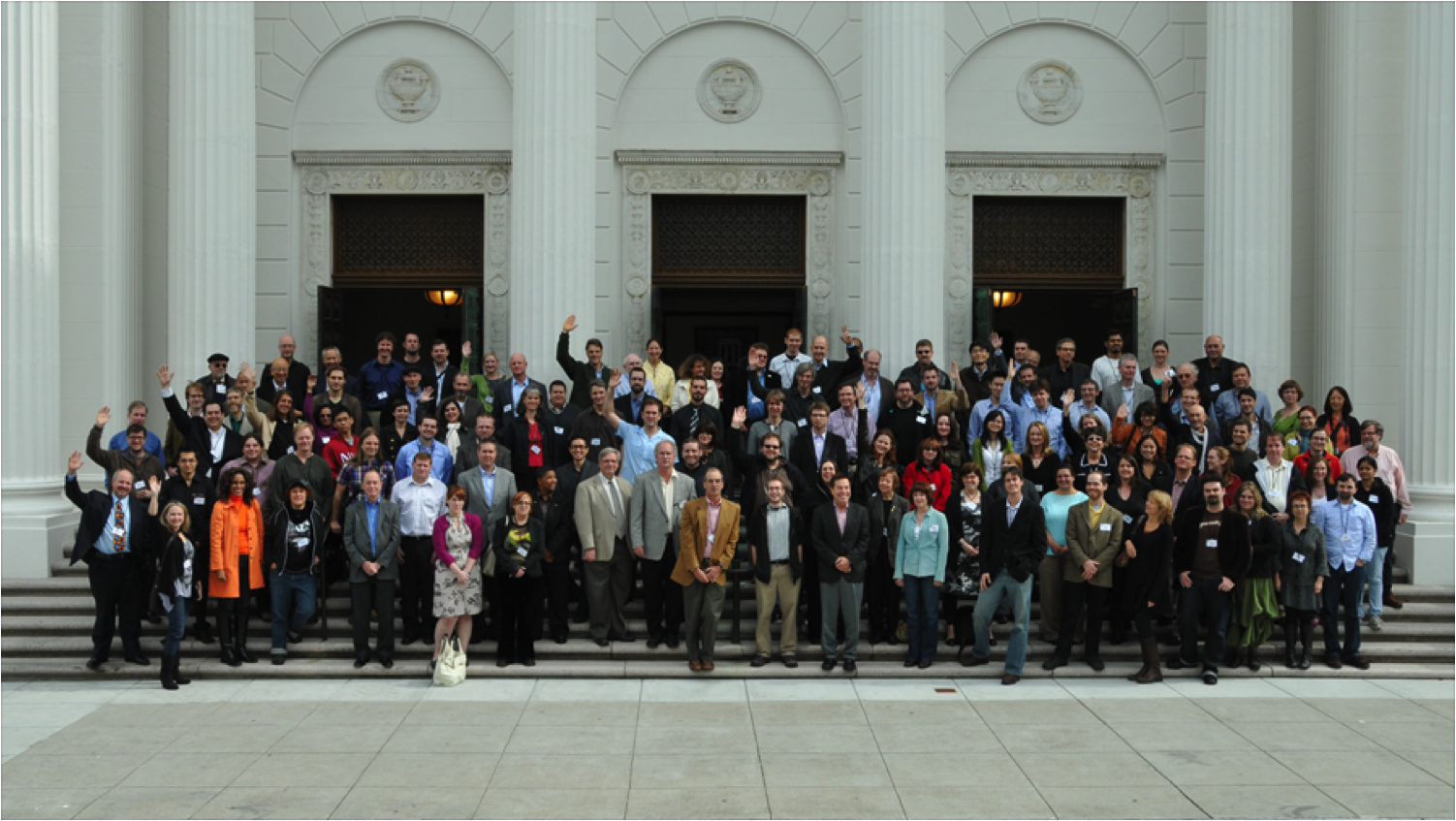
Booksellers
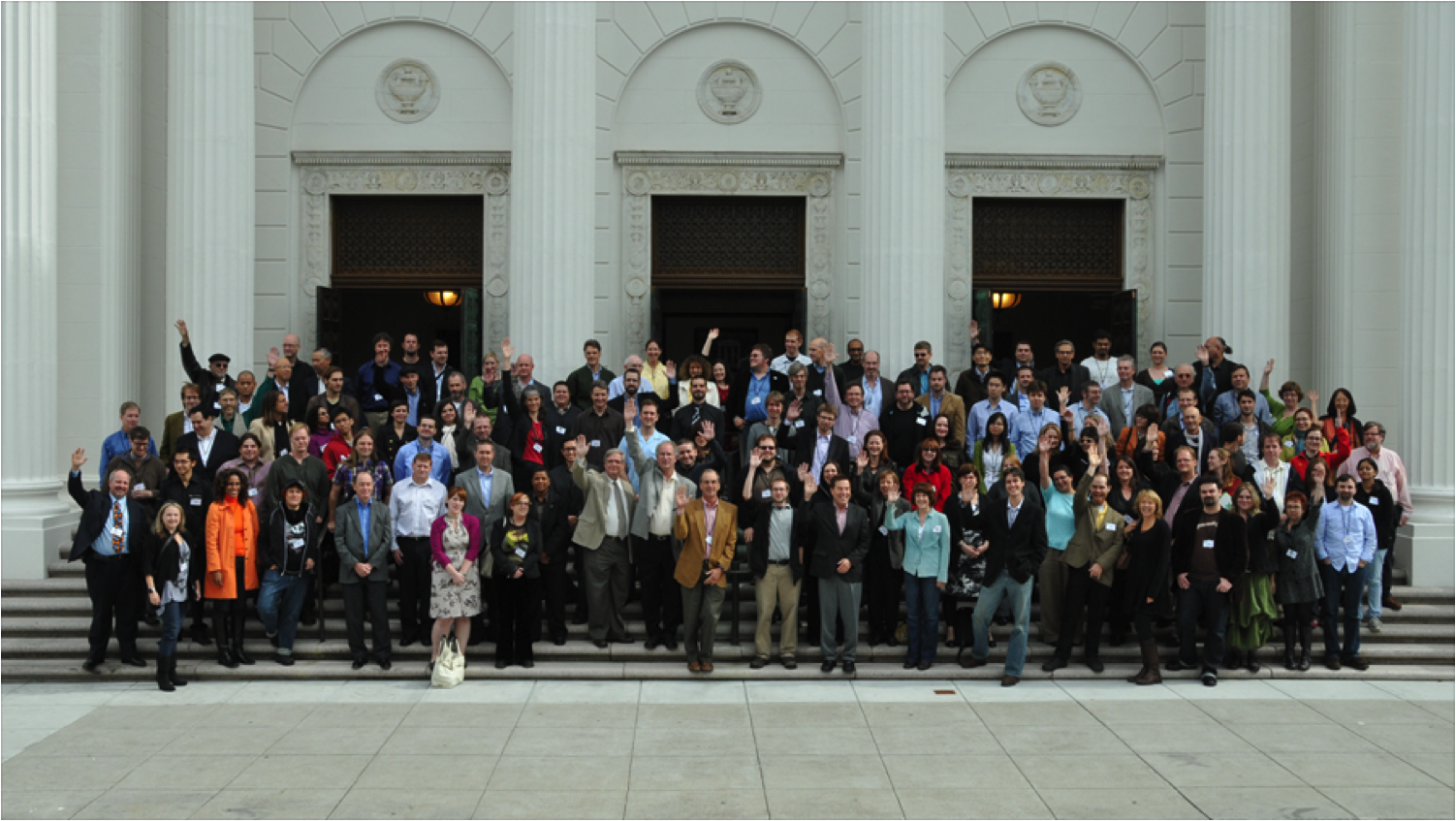
Libraries
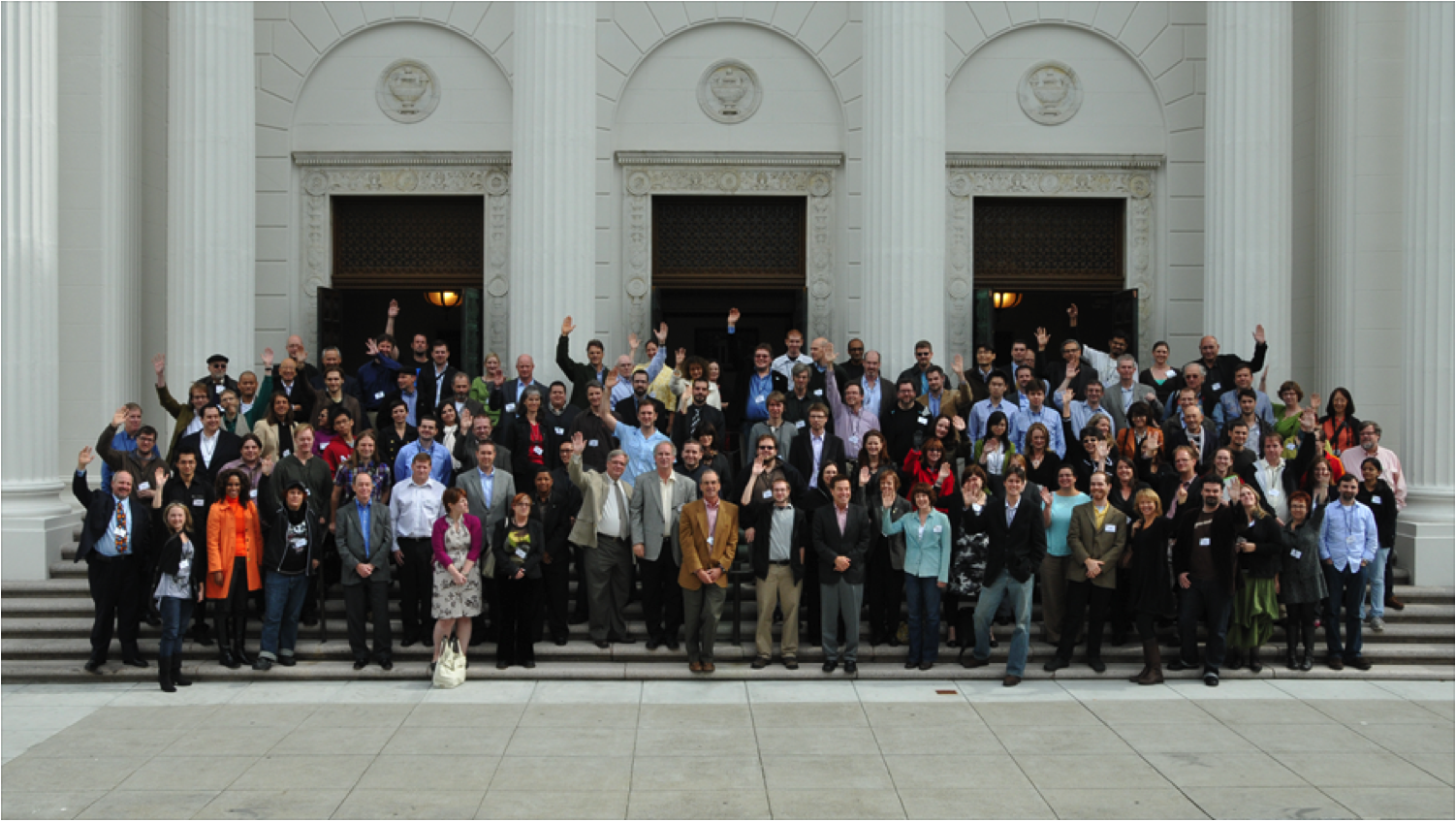
Authors
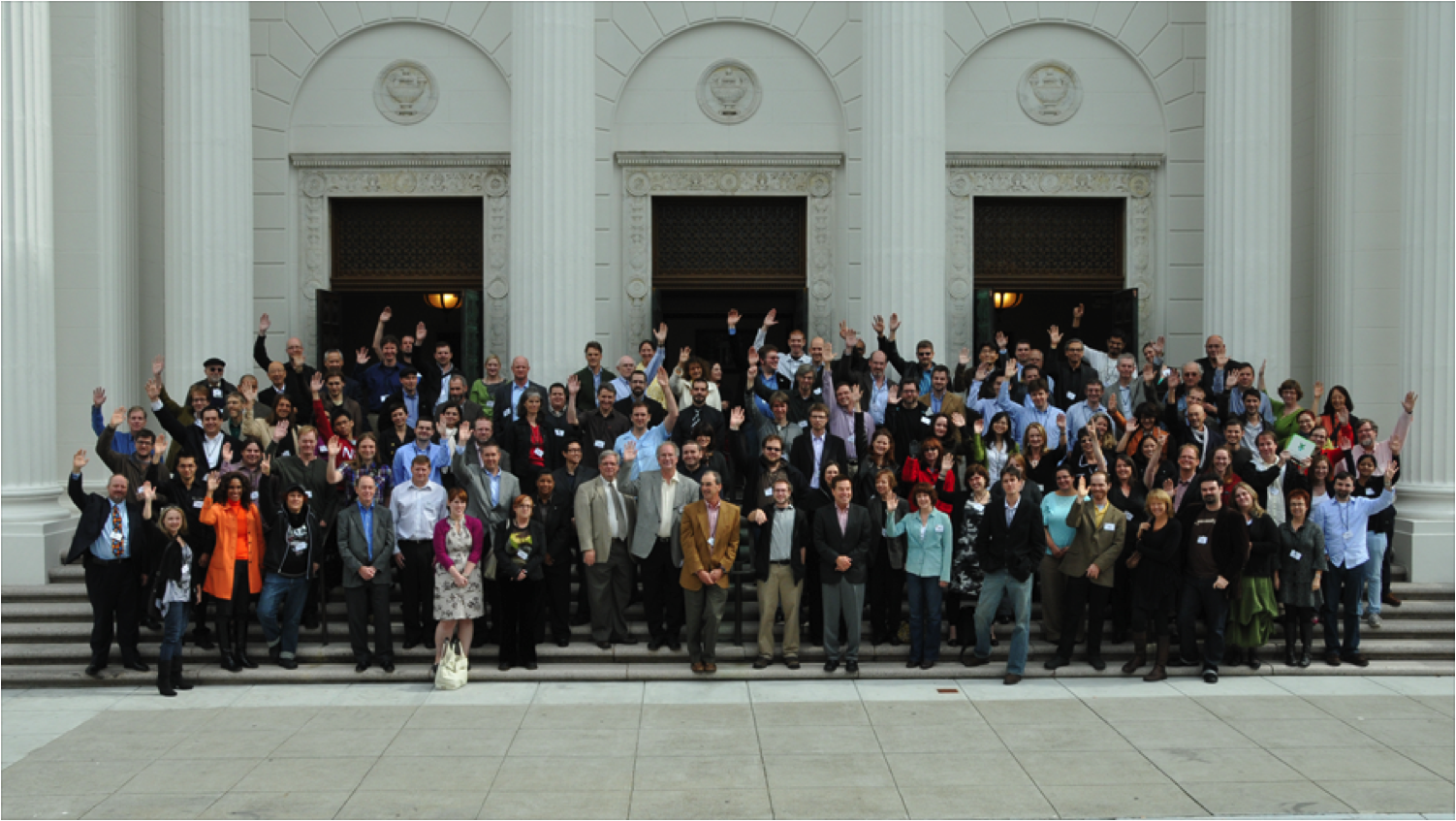
Makers
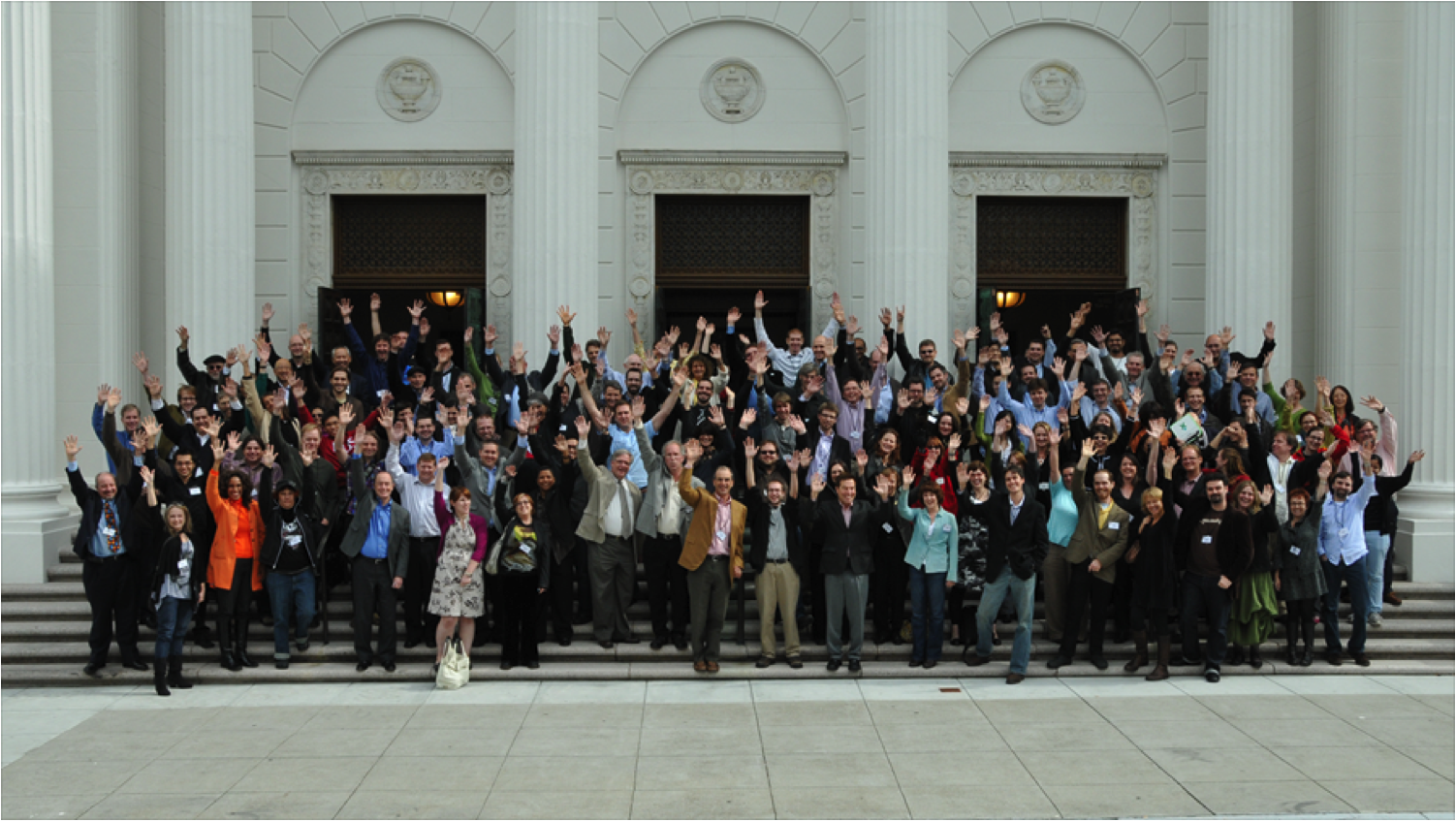
Readers!
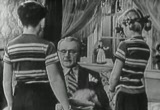
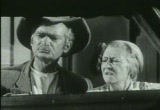
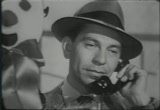
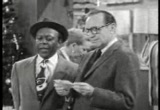 Date with the Angels – 1950s Family Sitcom – Christmas Episode (1957)
Date with the Angels – 1950s Family Sitcom – Christmas Episode (1957)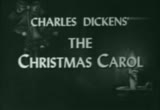


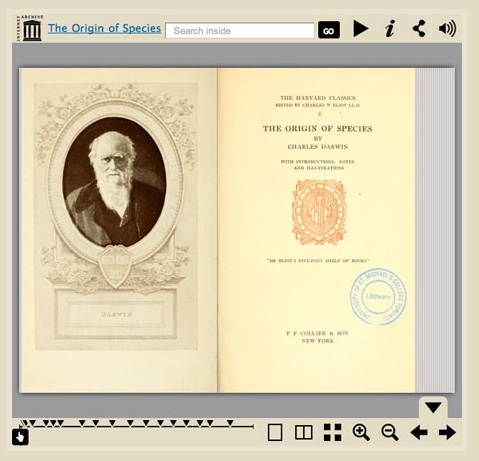
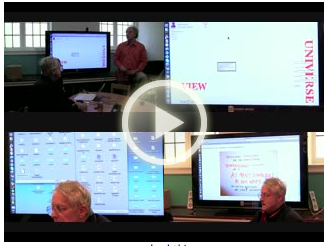
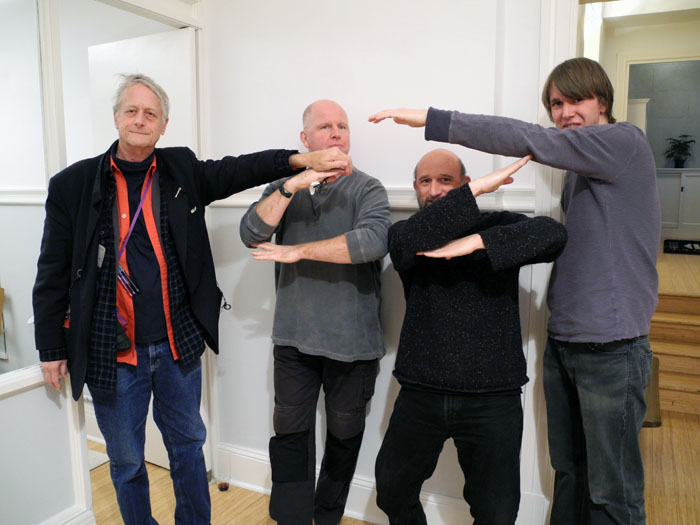
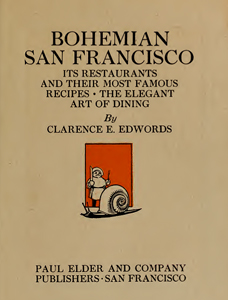


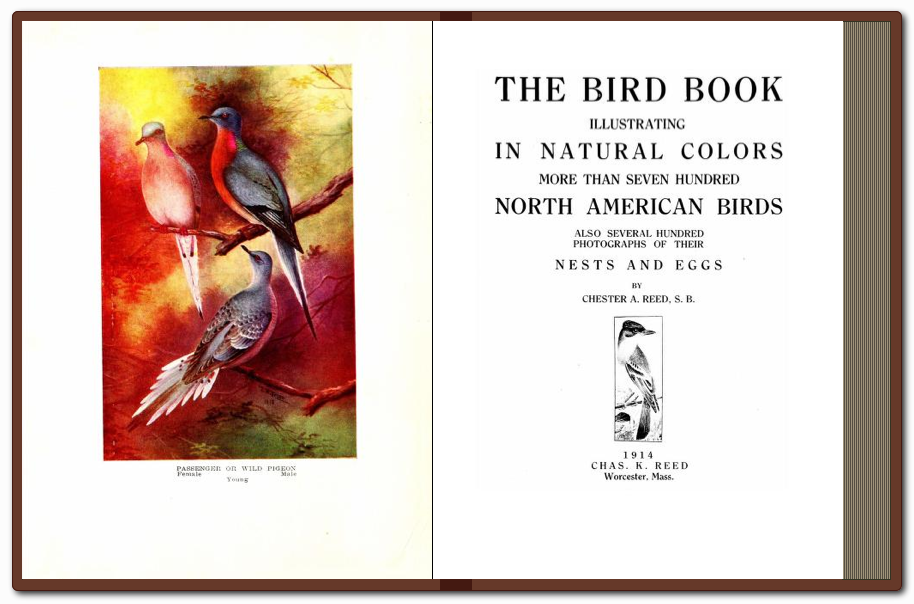







 “Books in Browsers” offer
“Books in Browsers” offer































